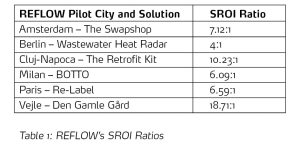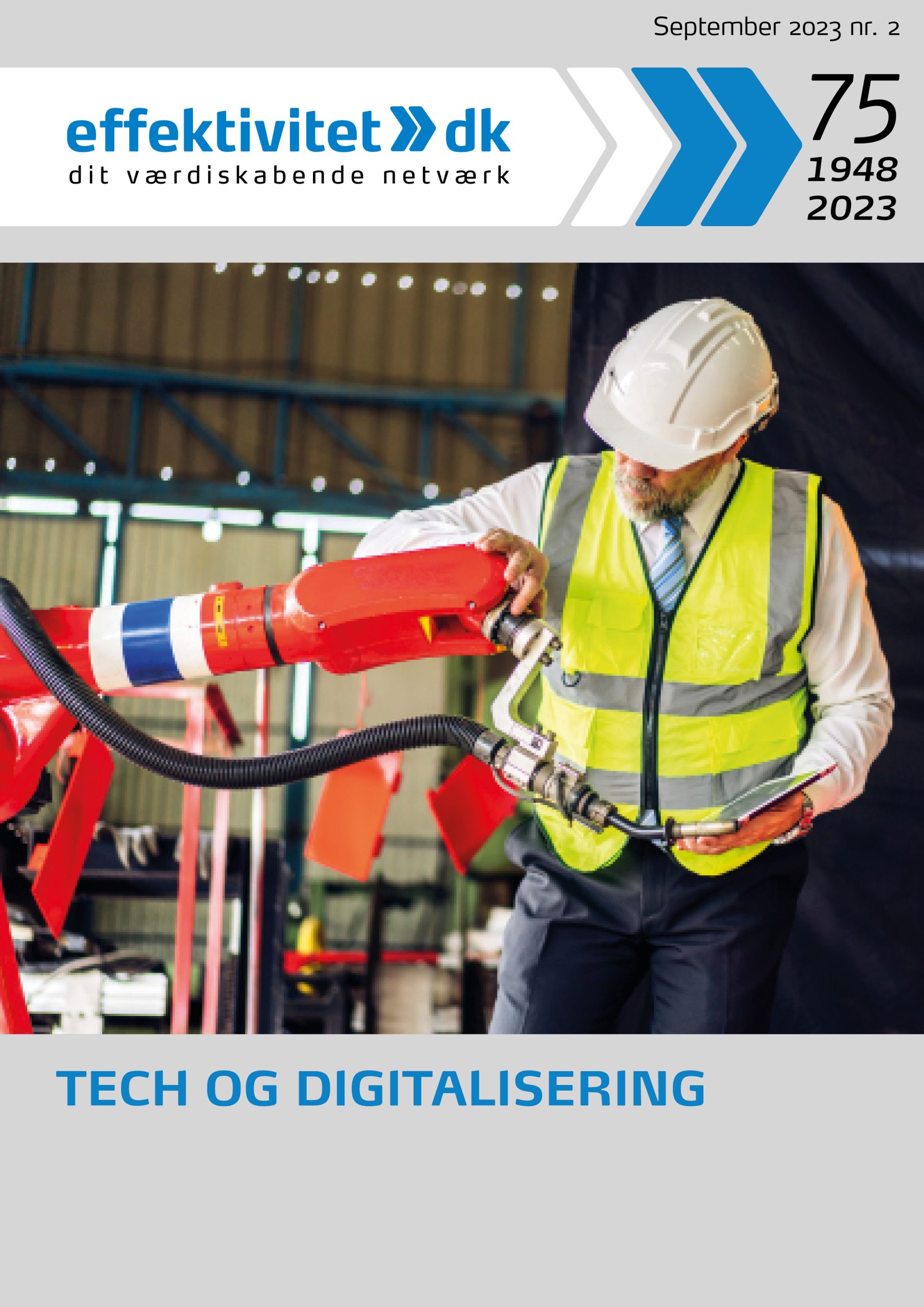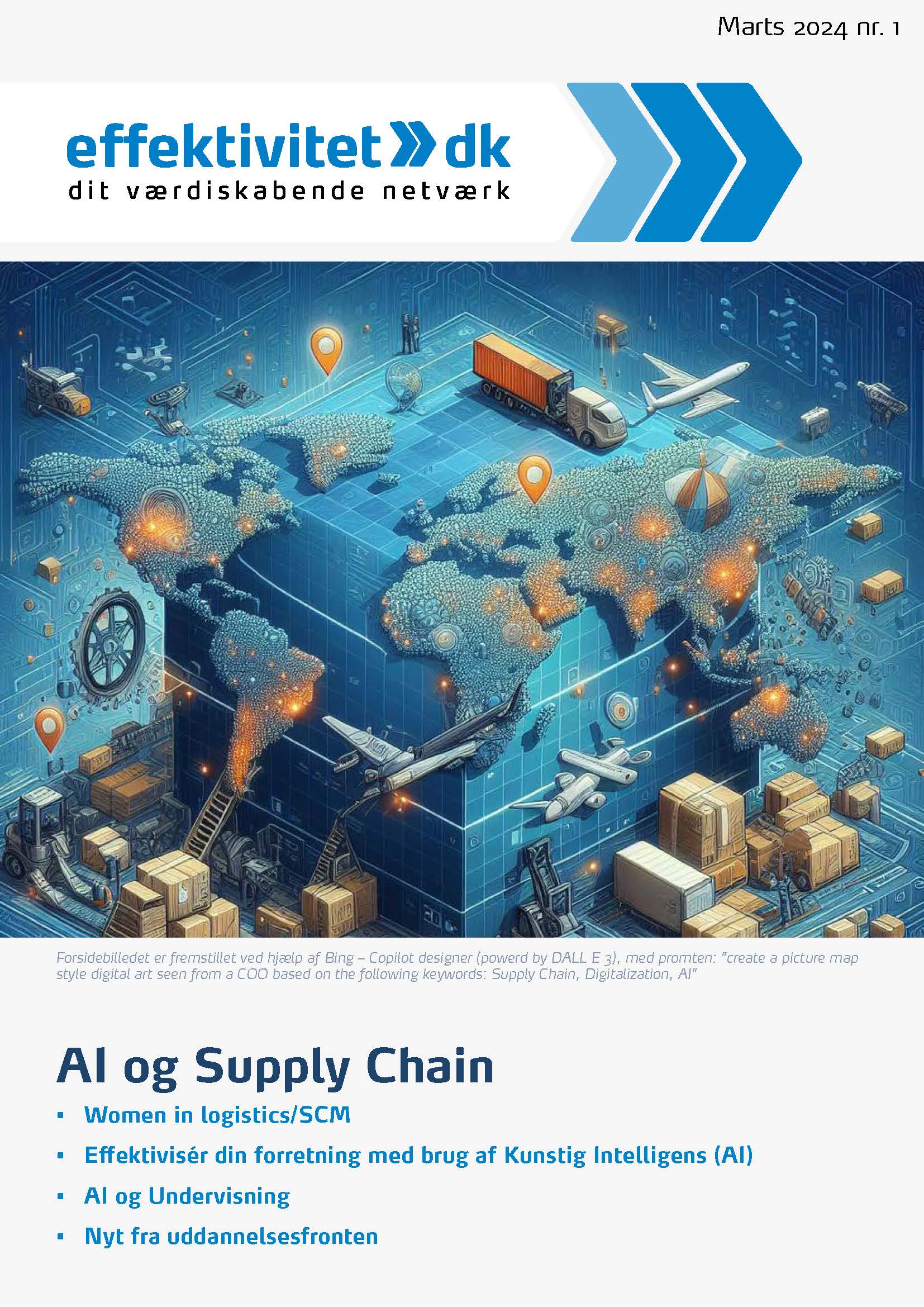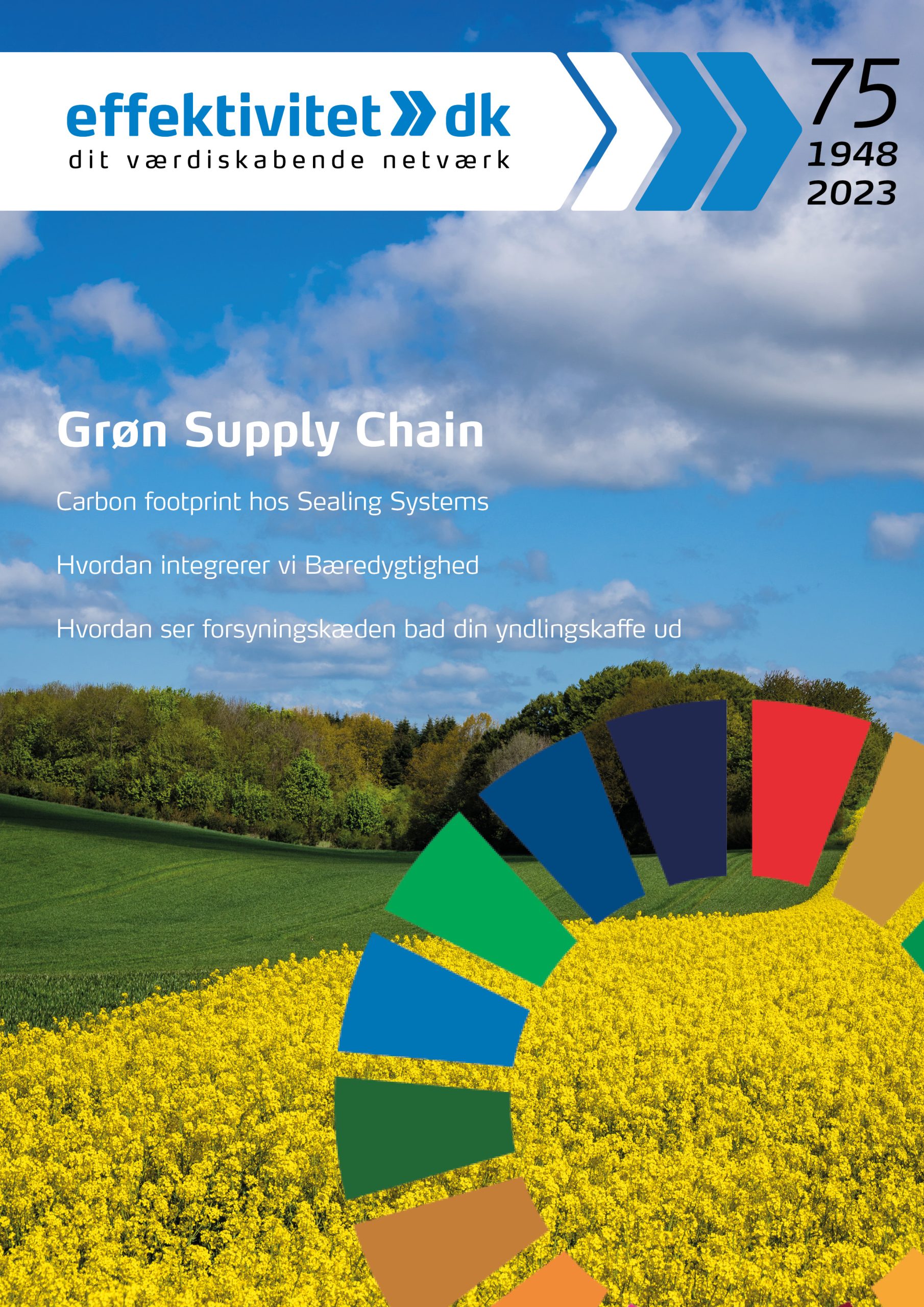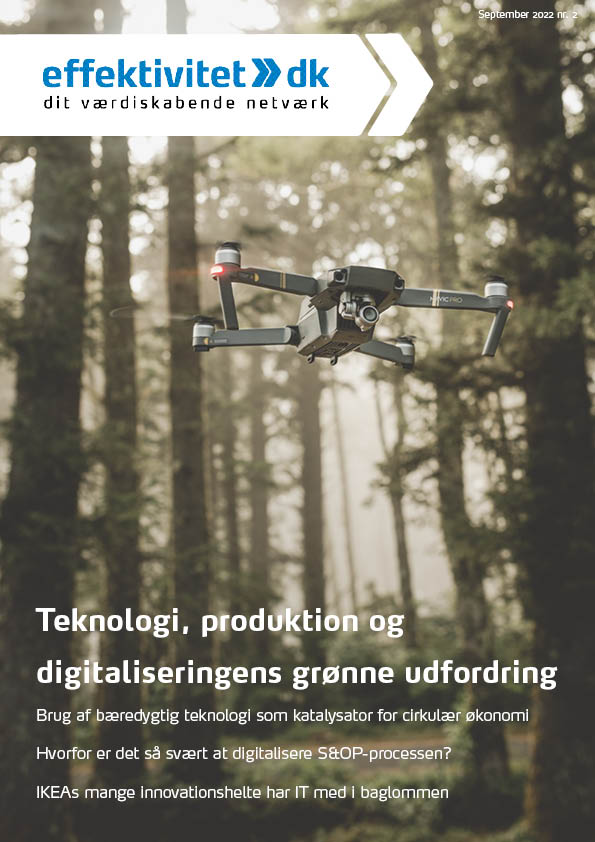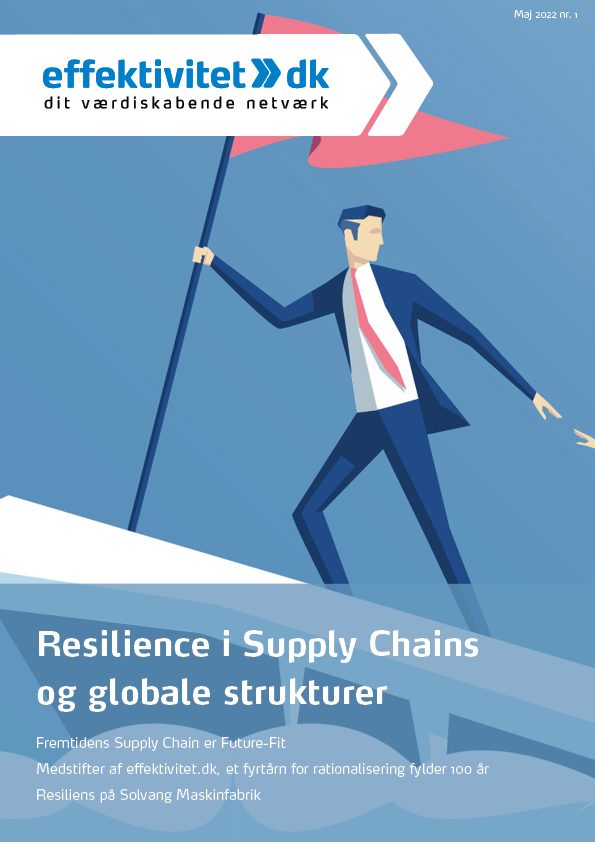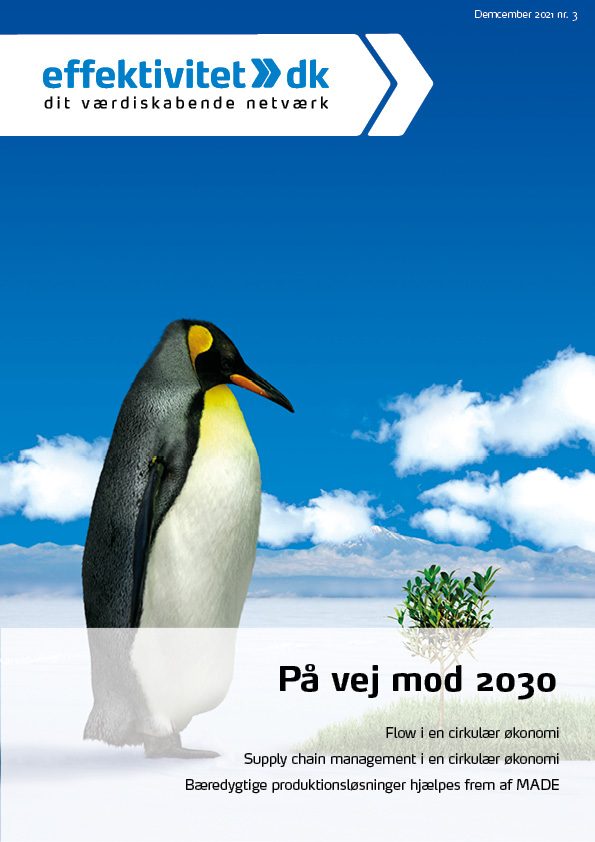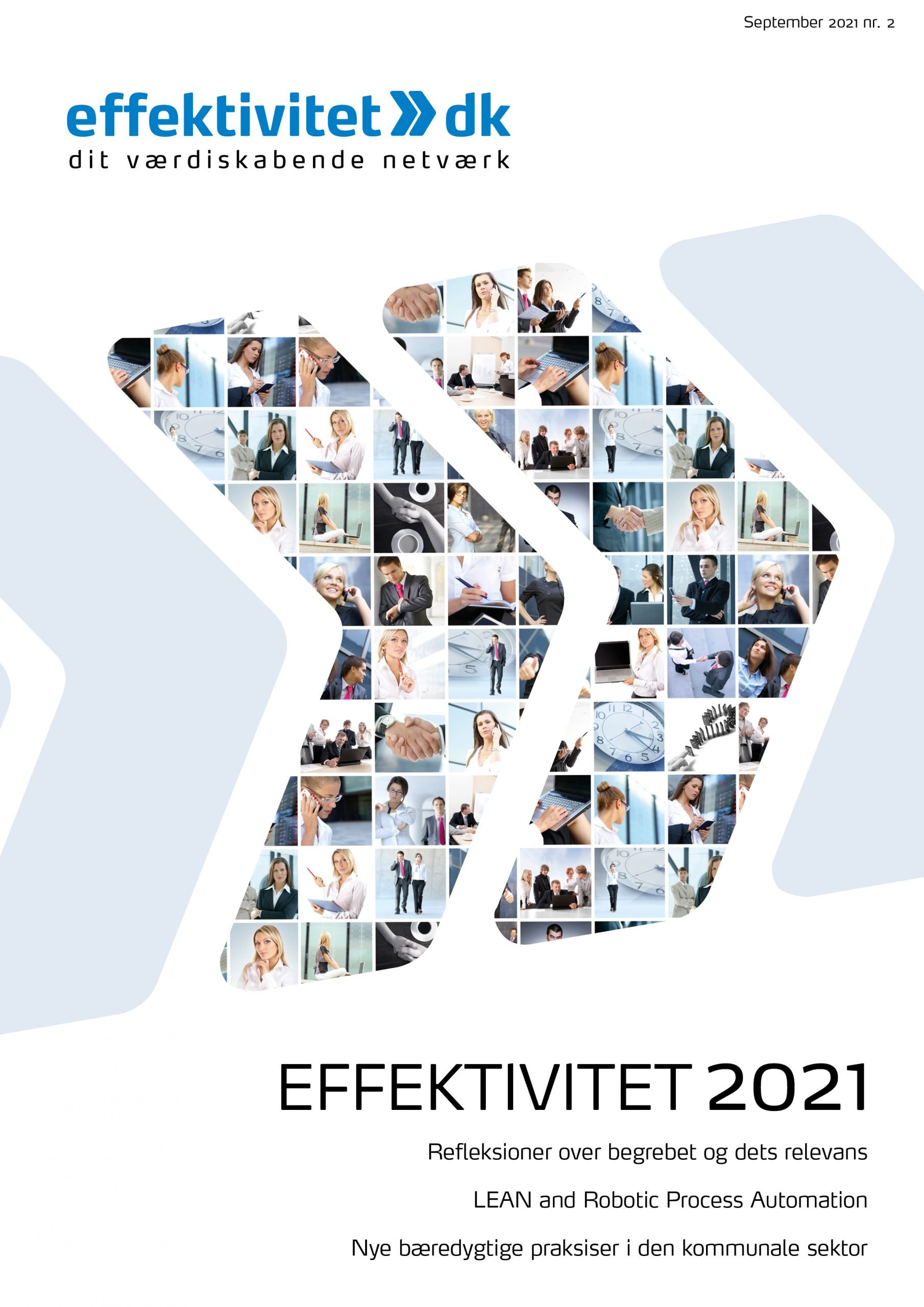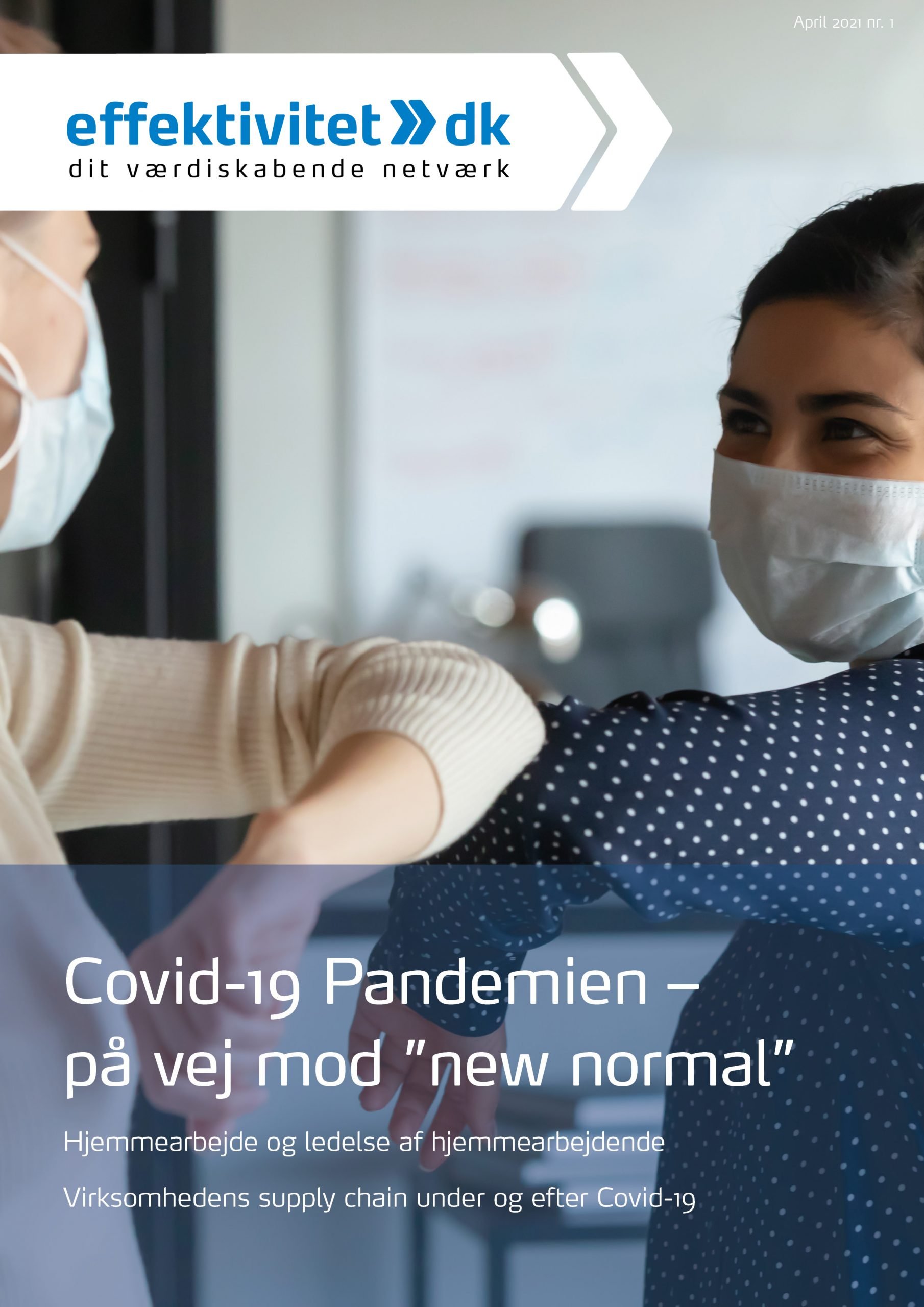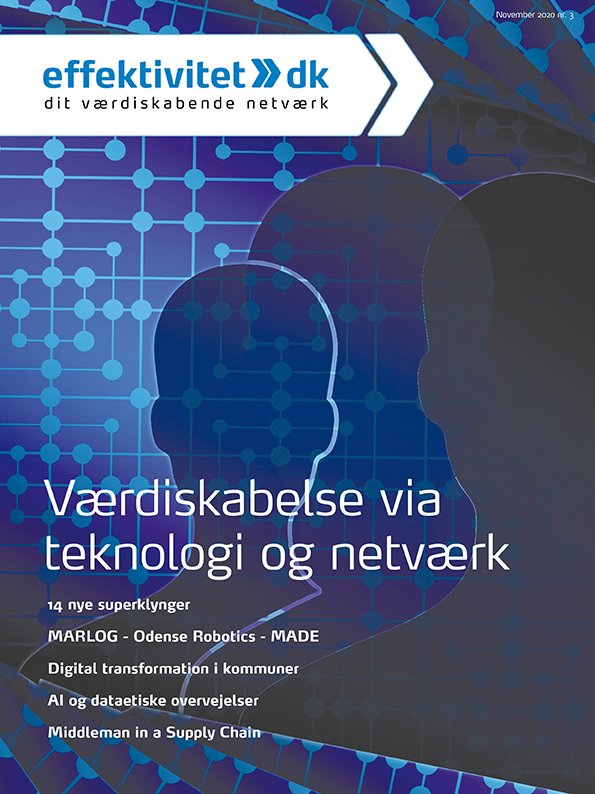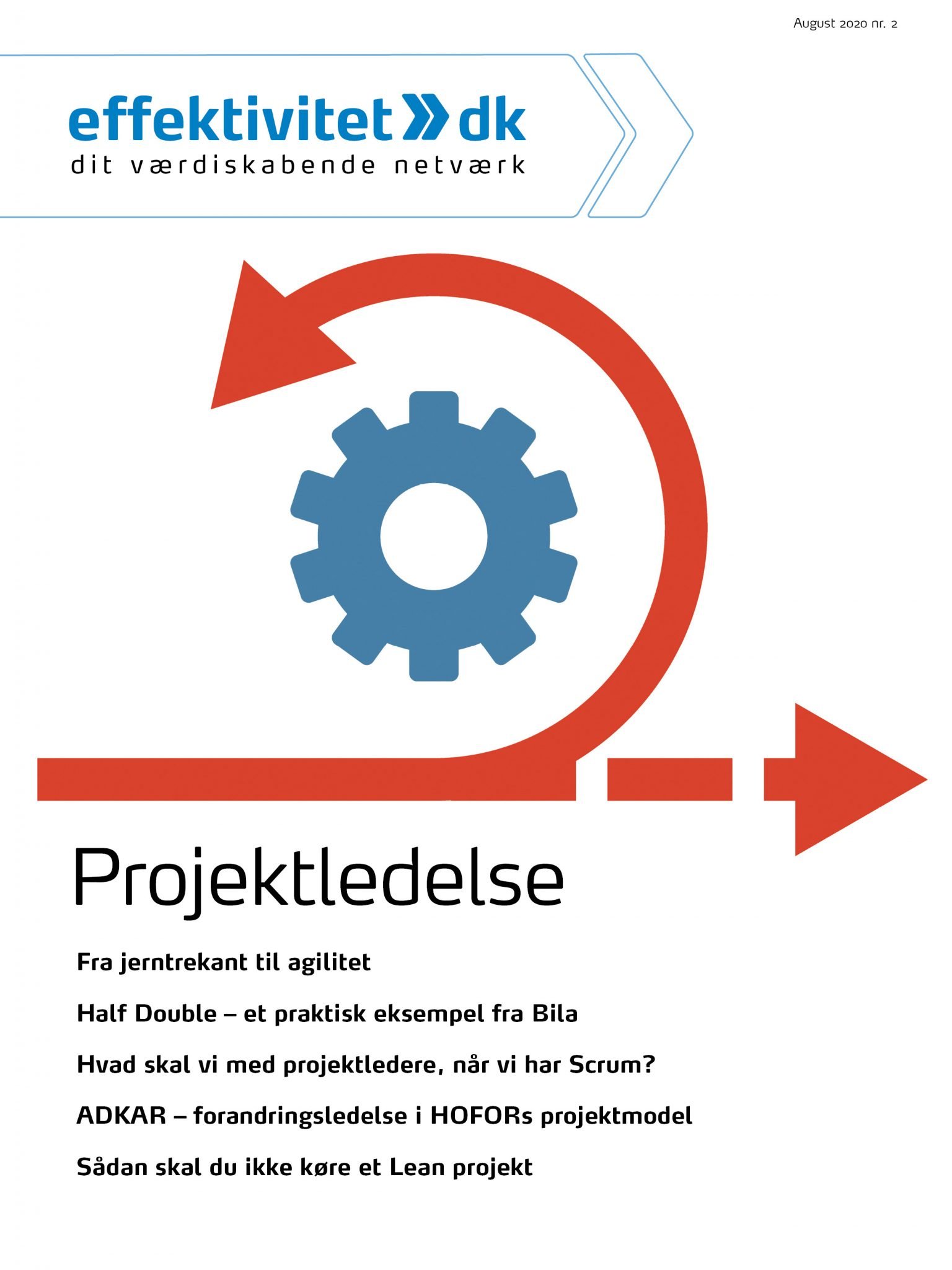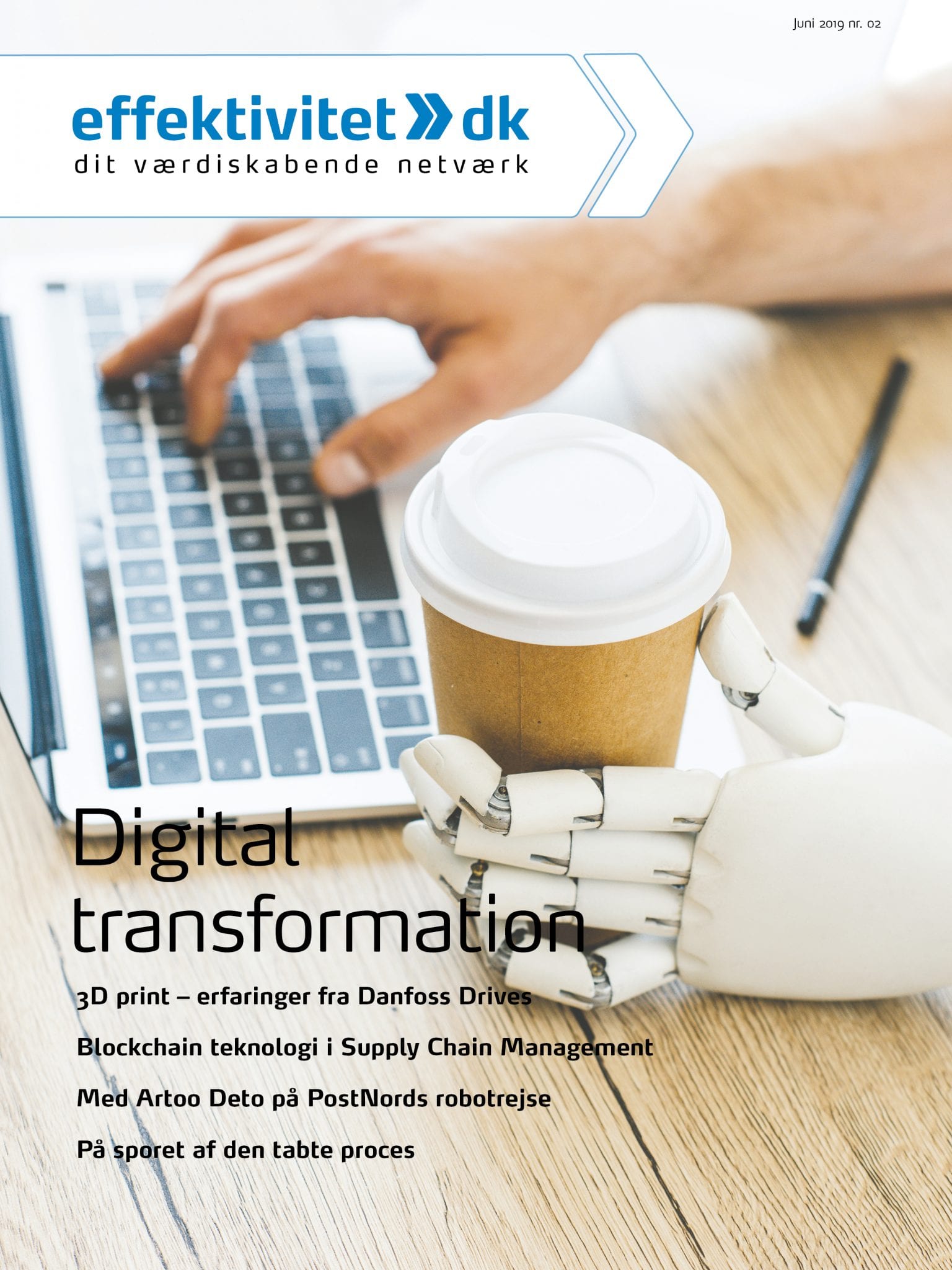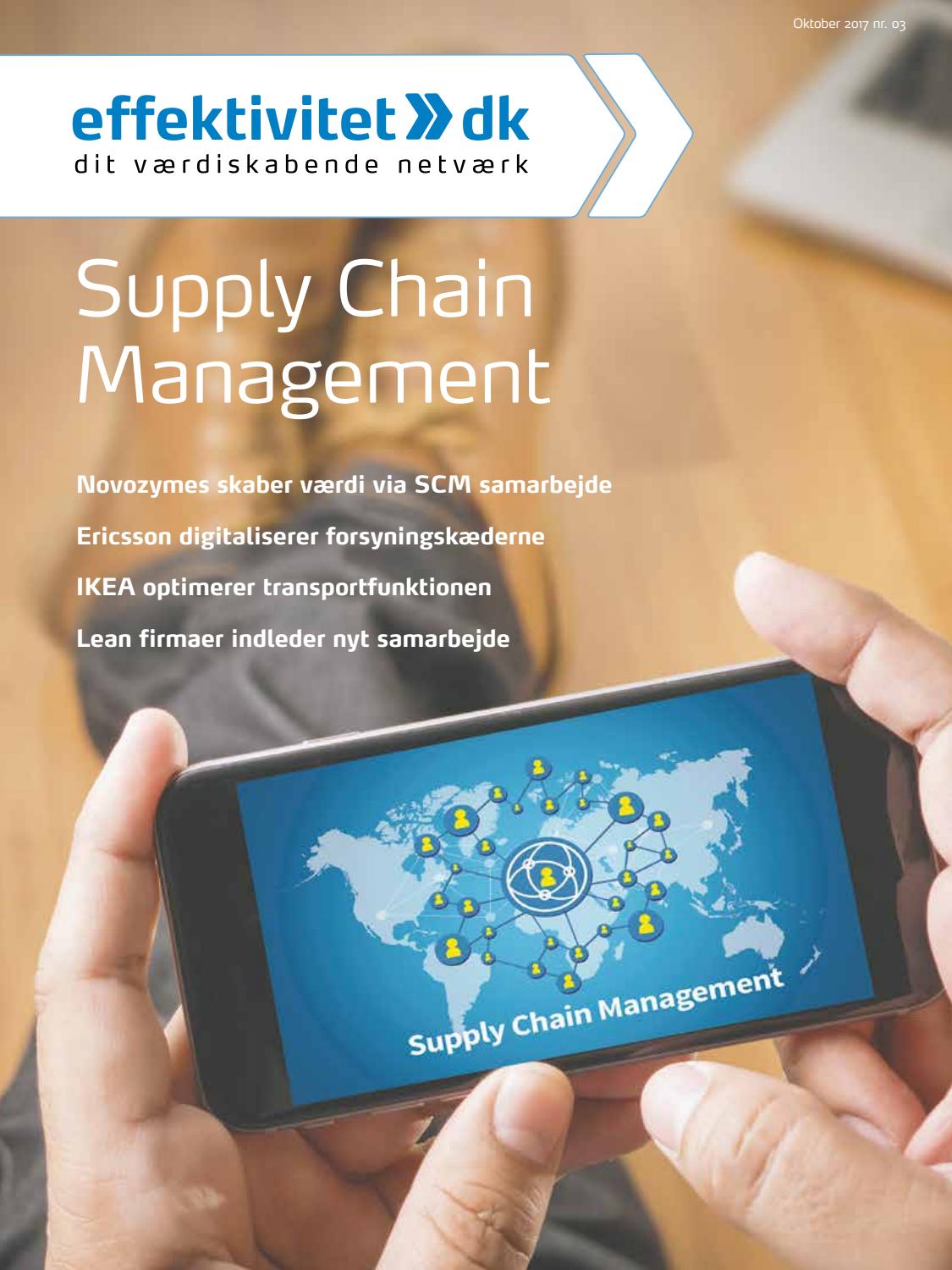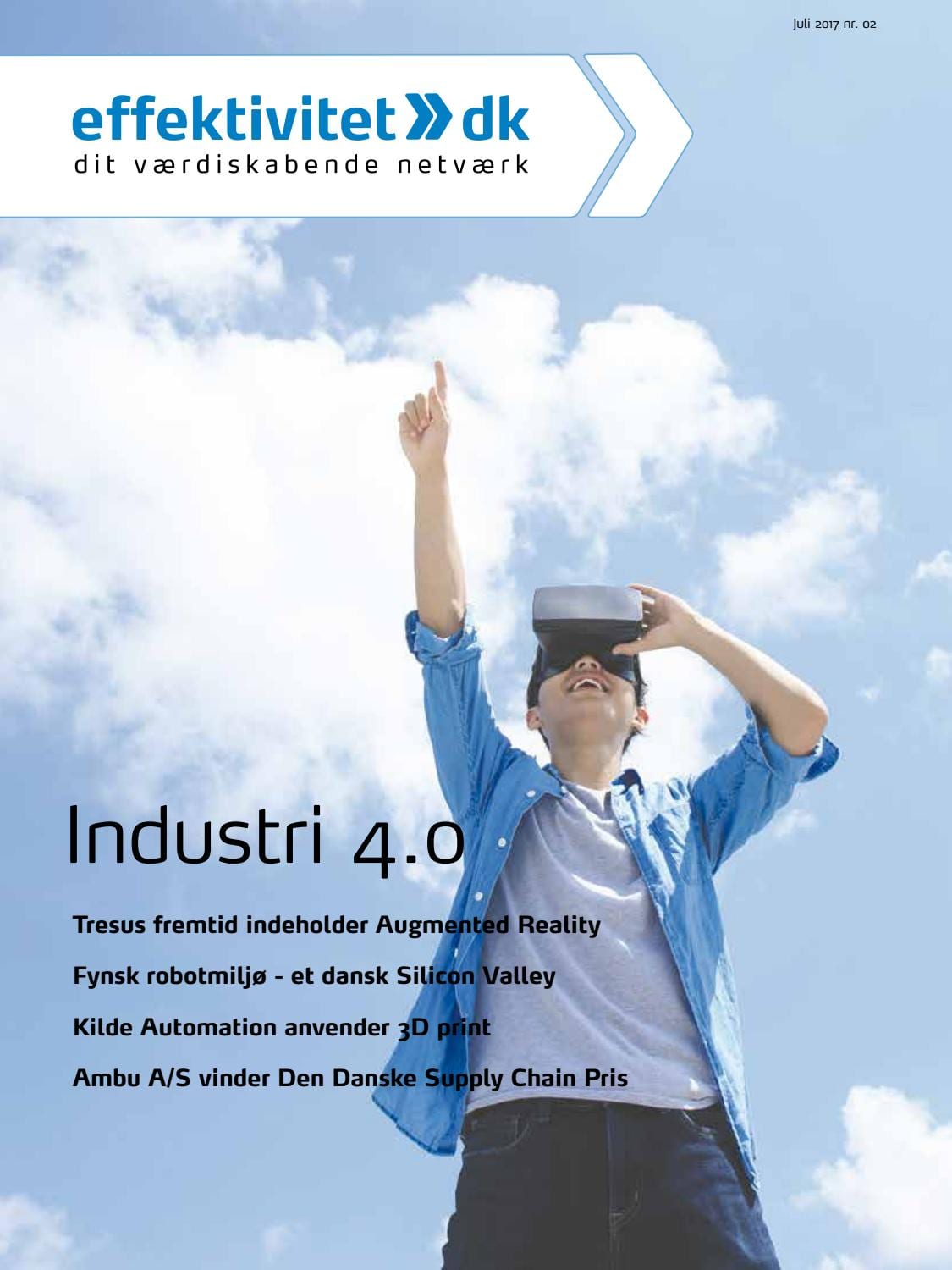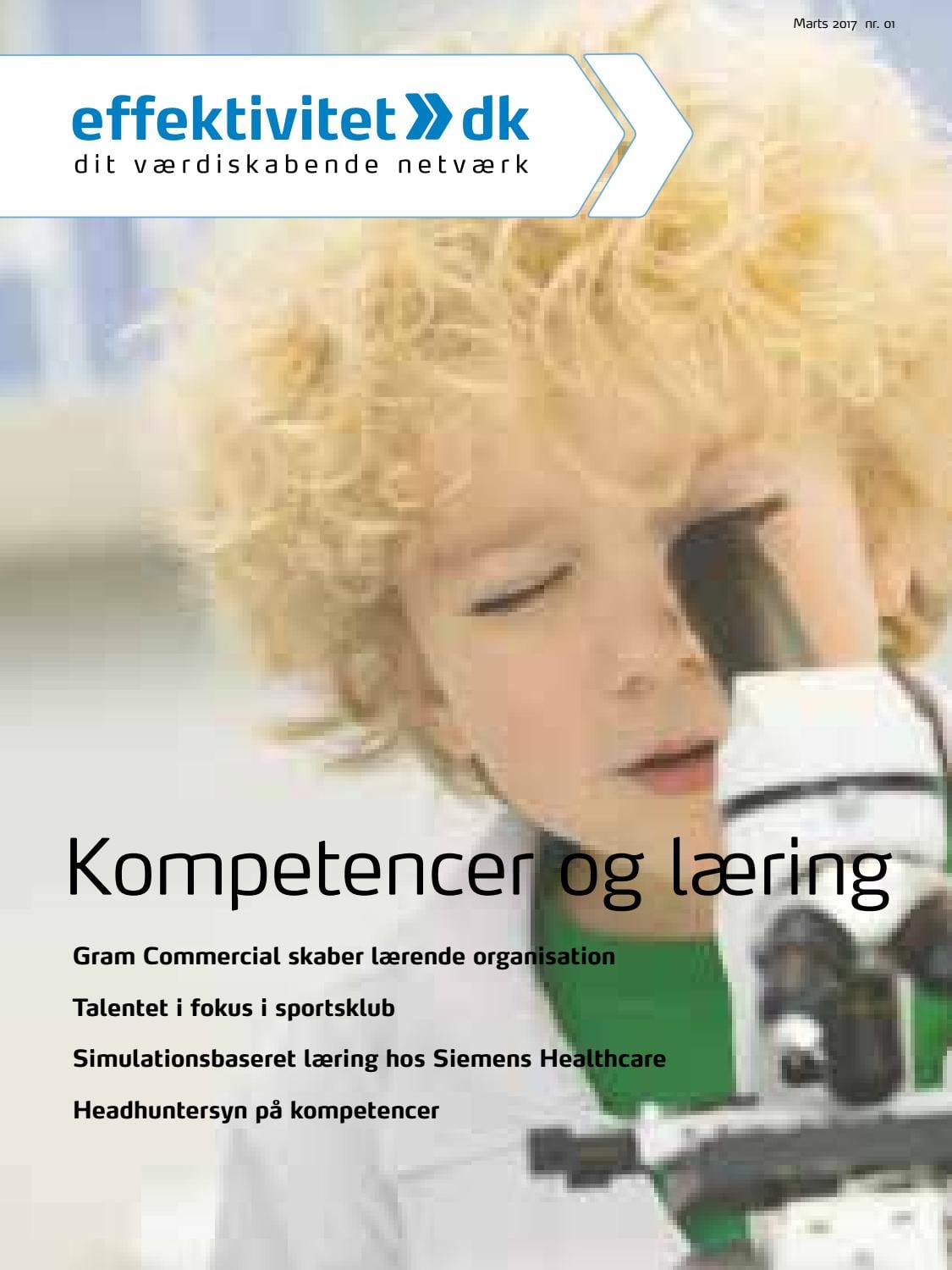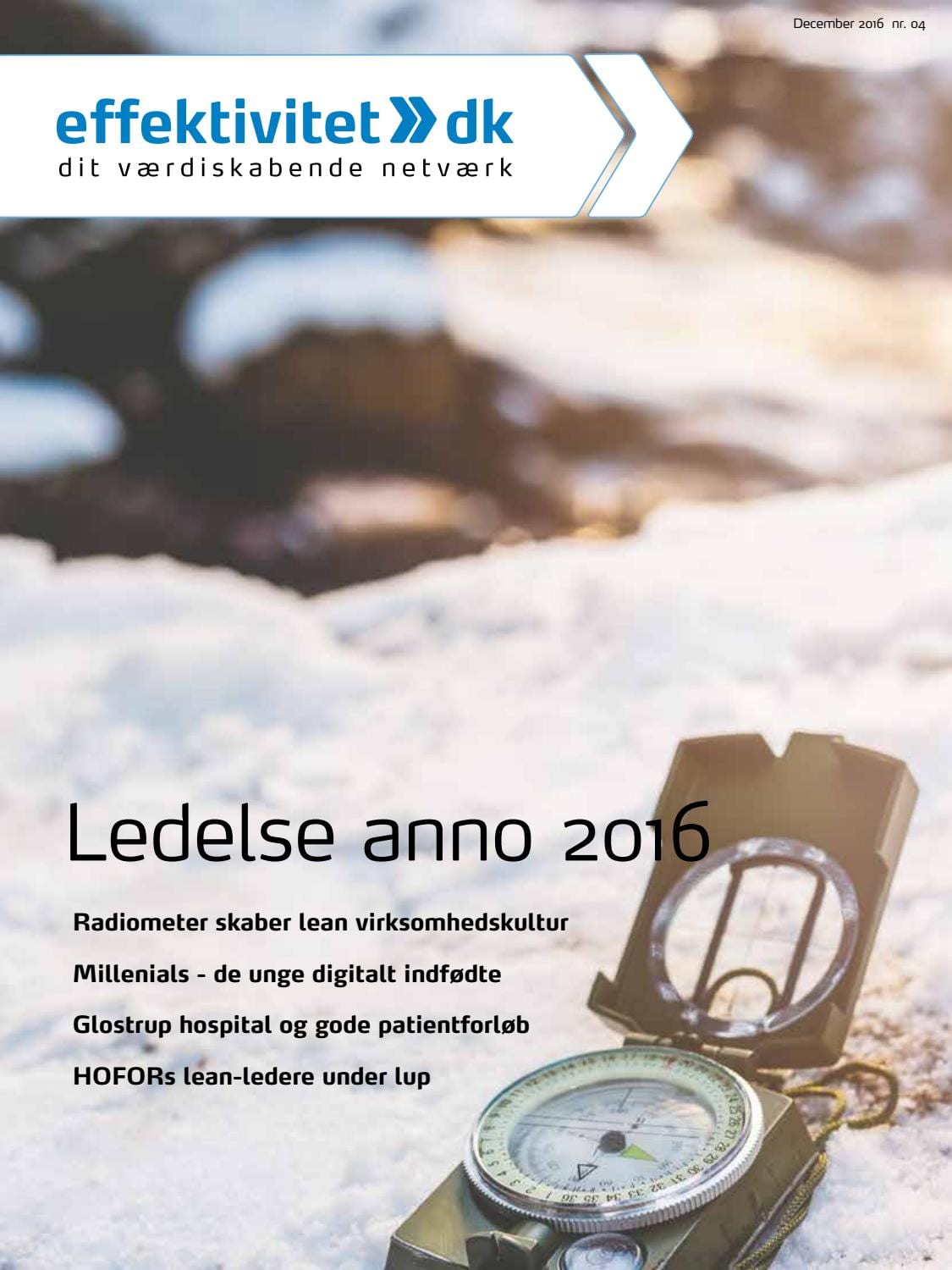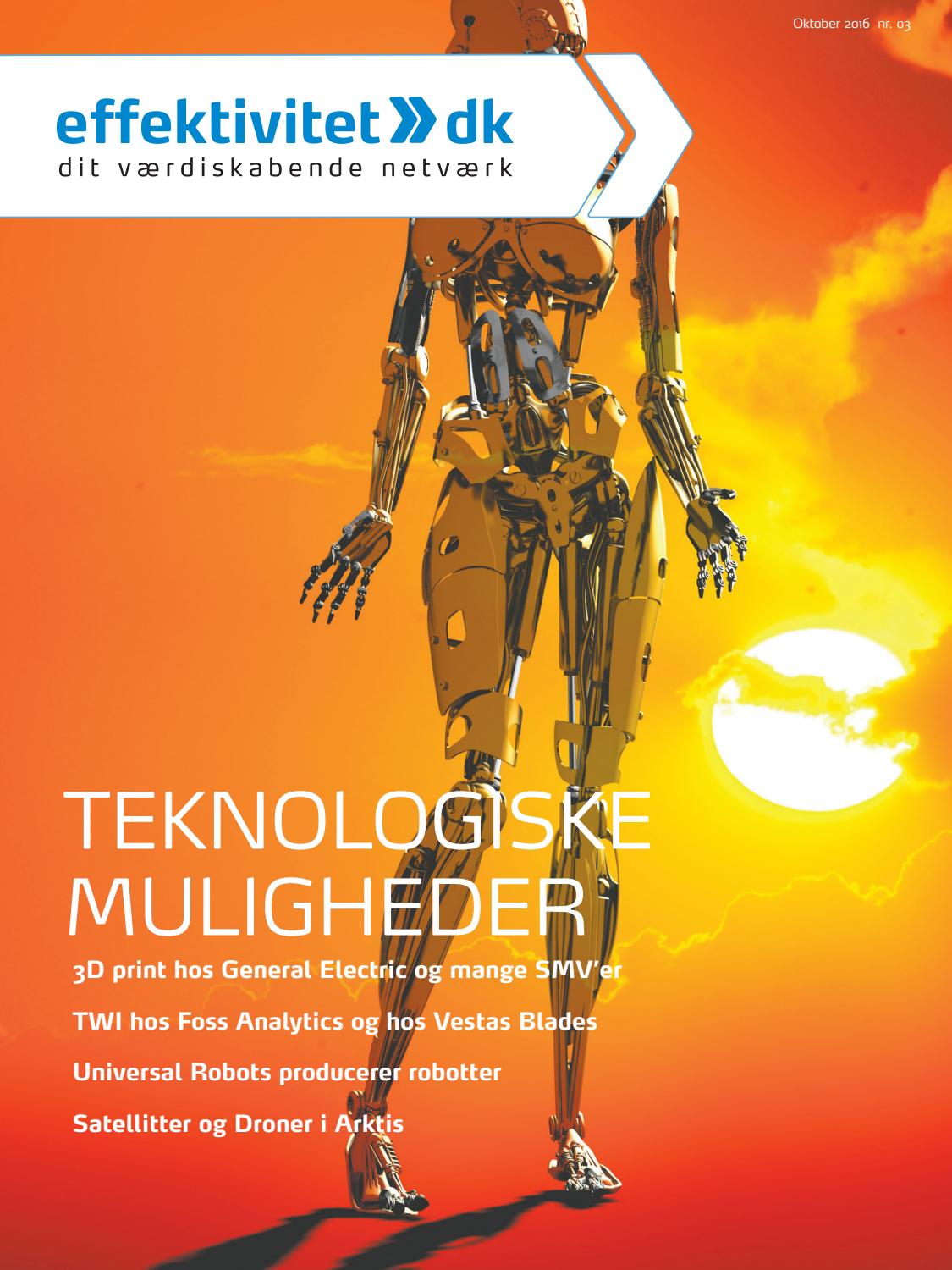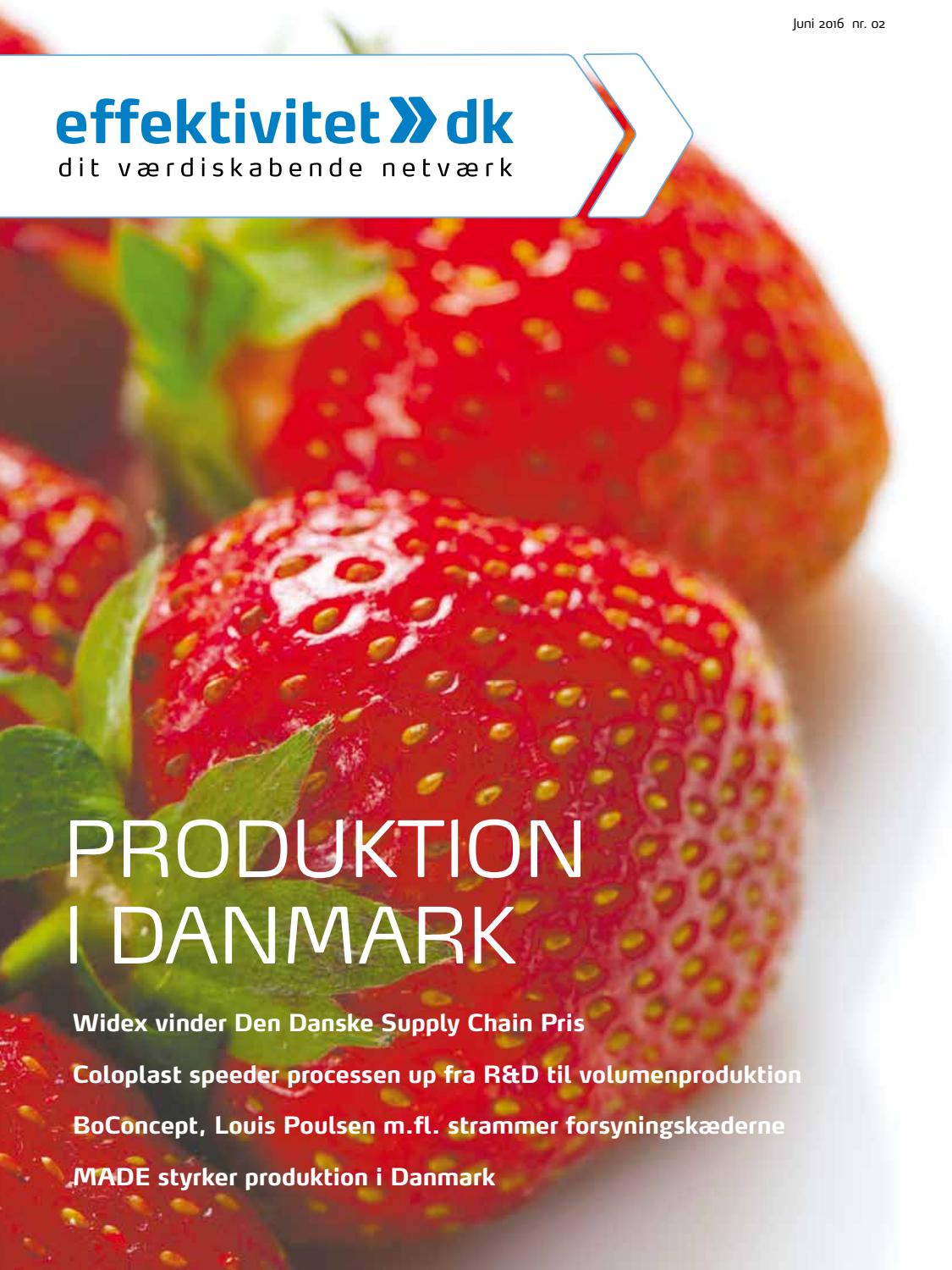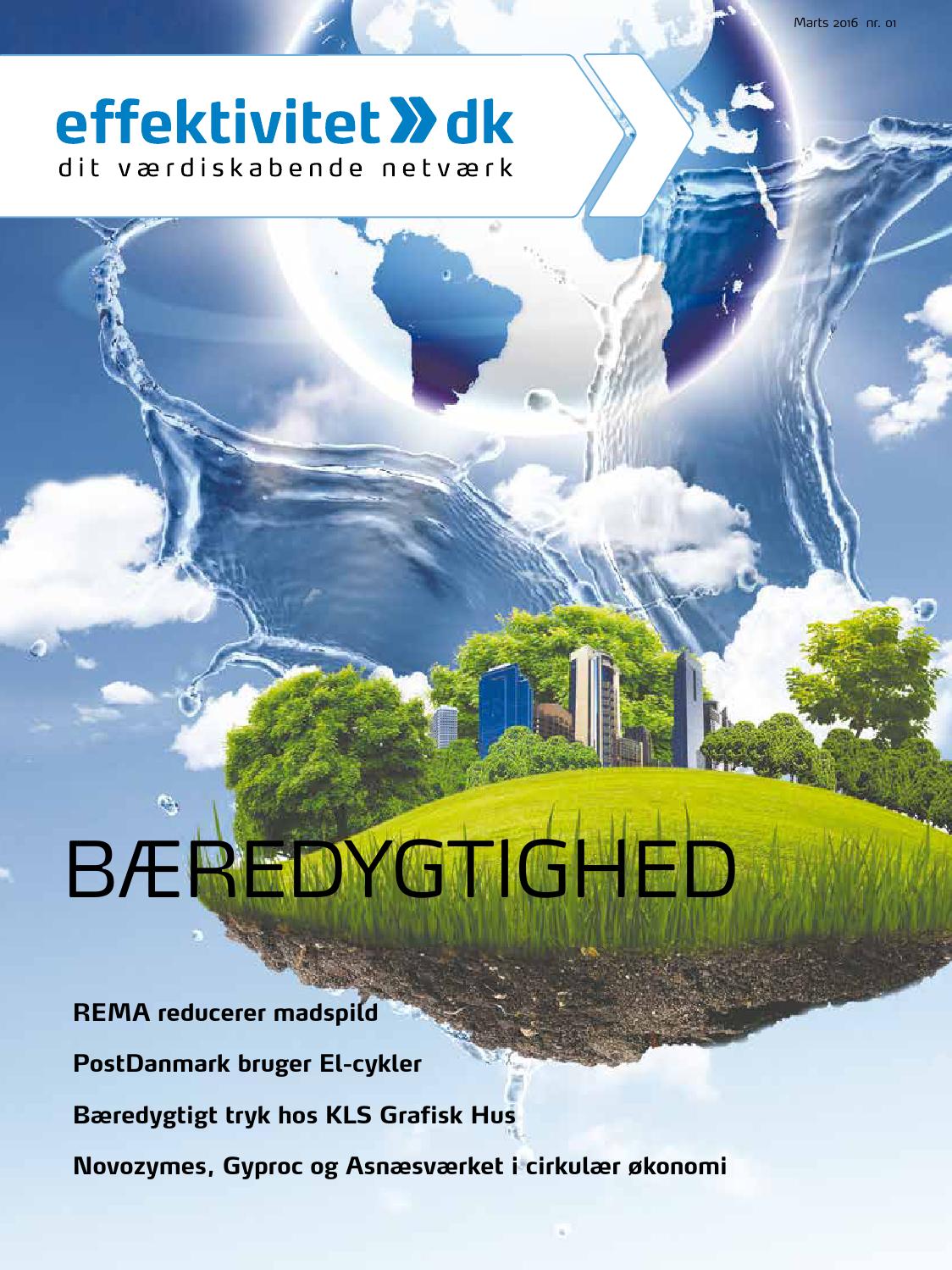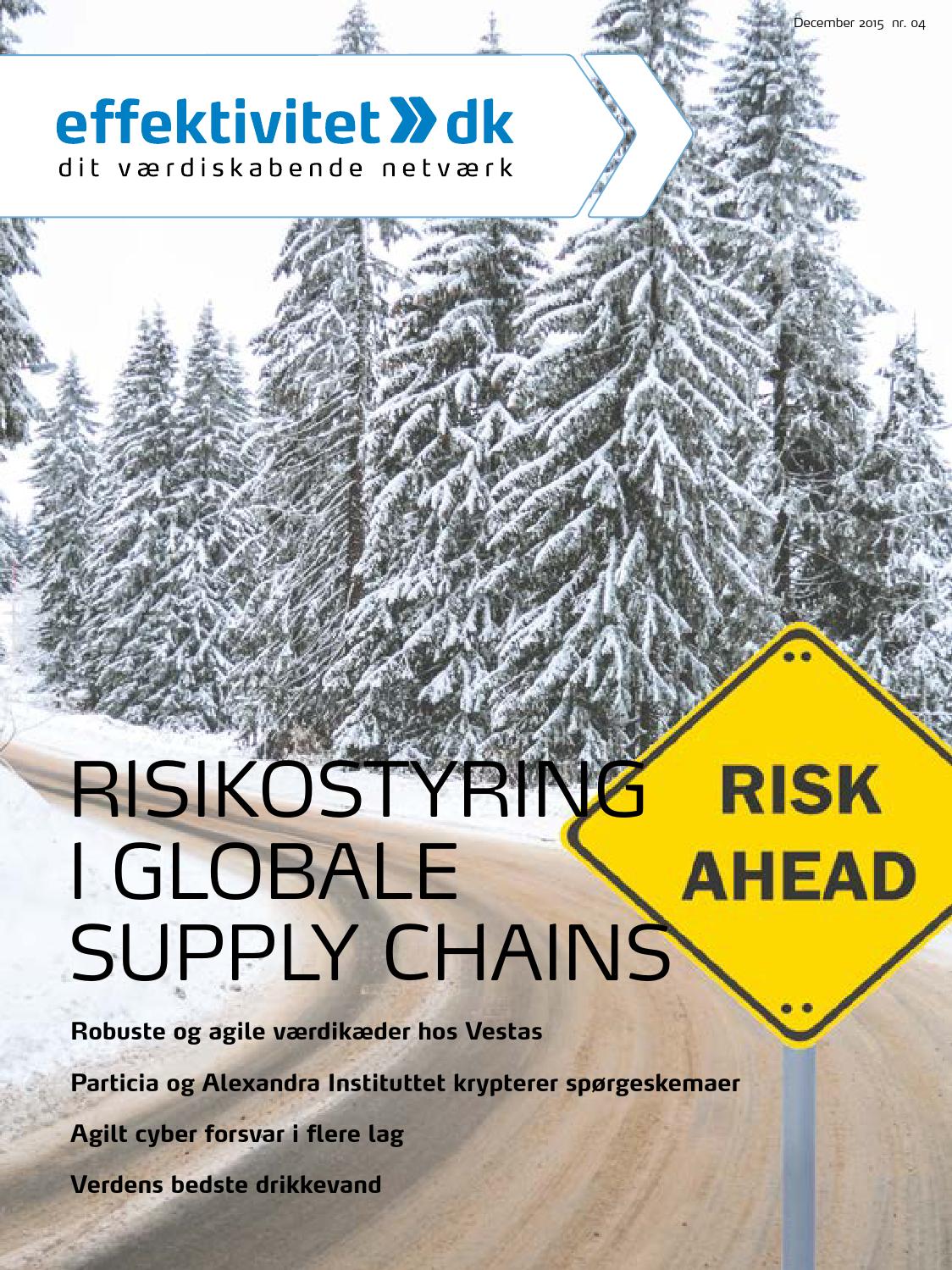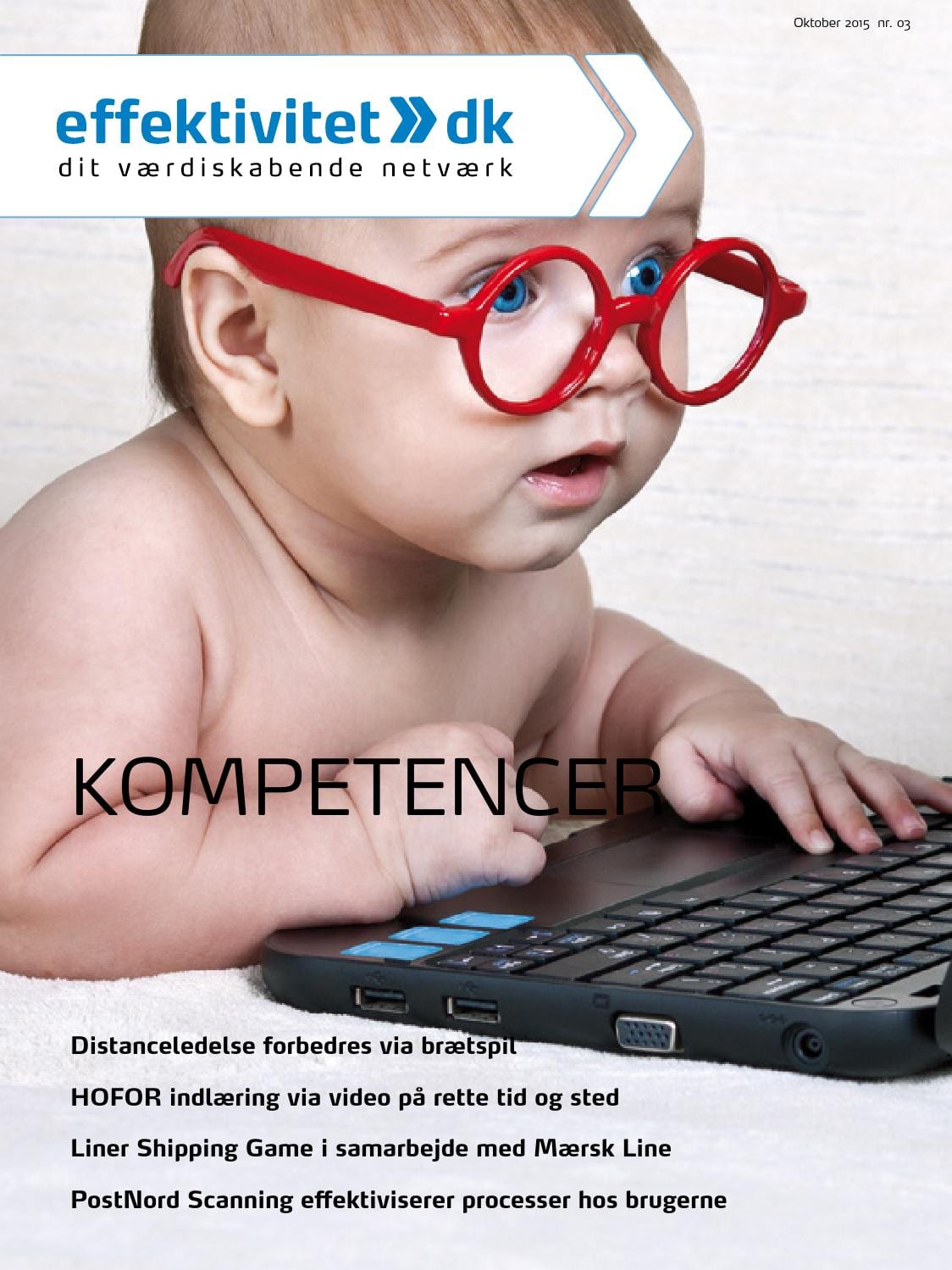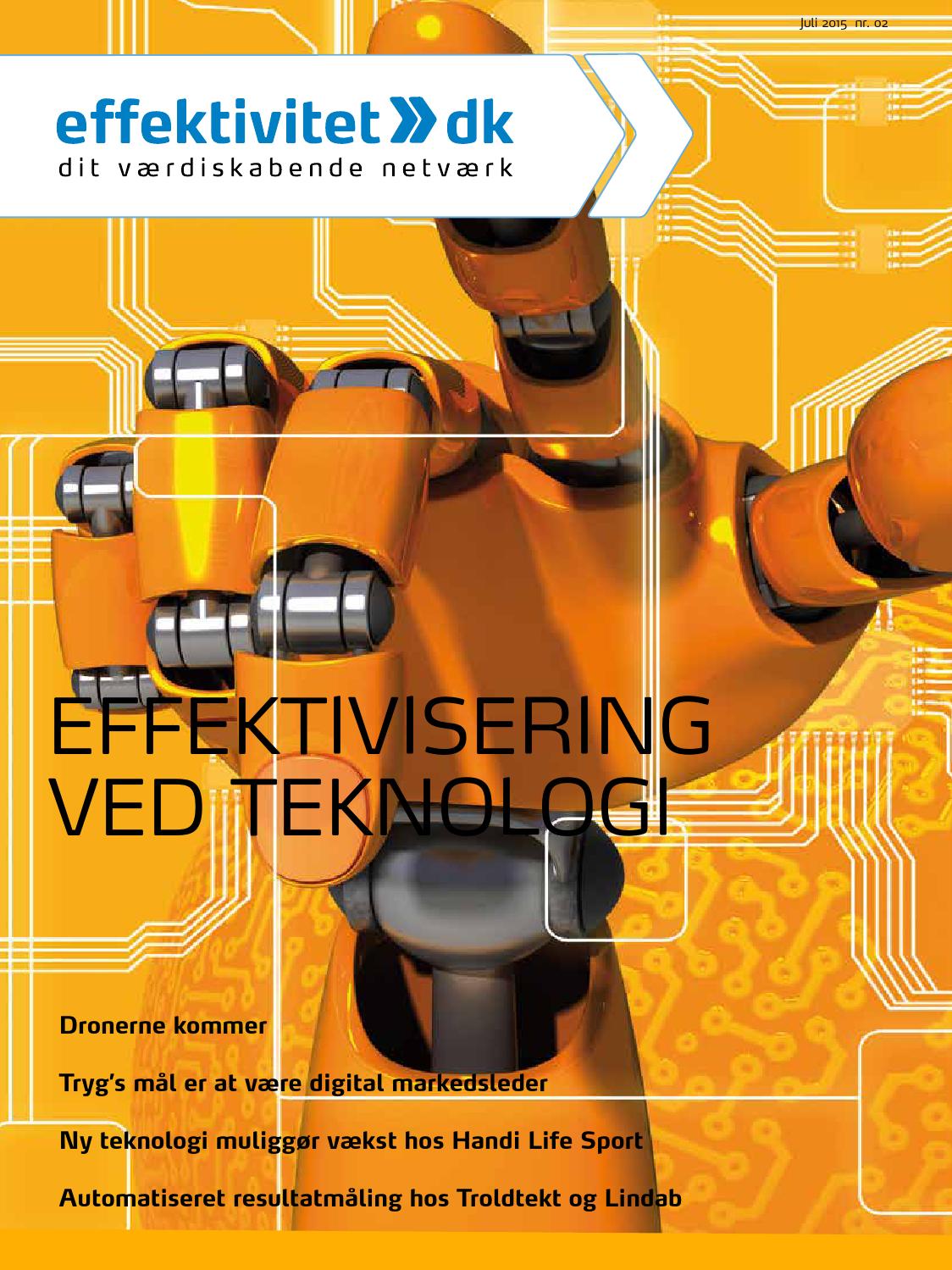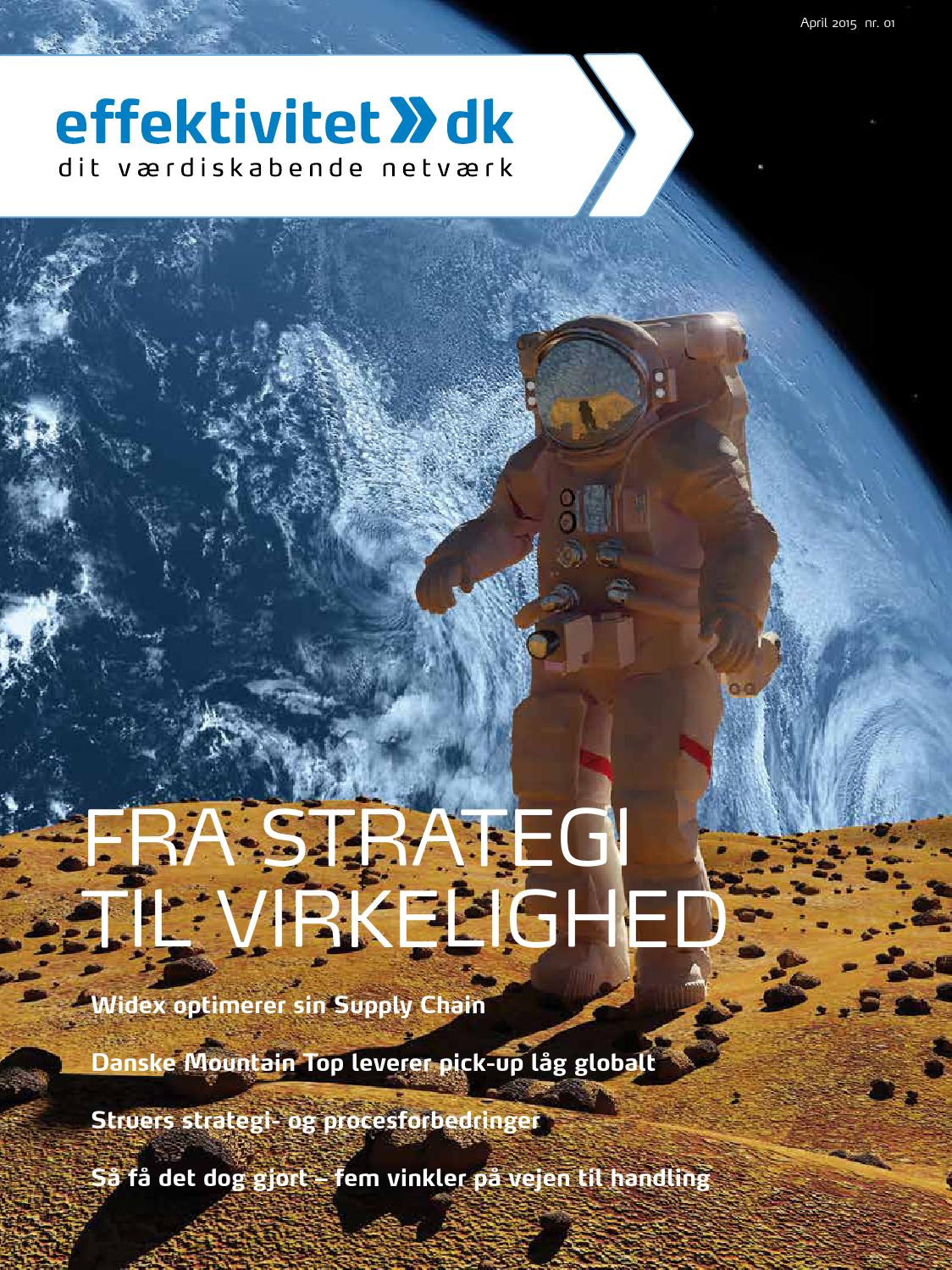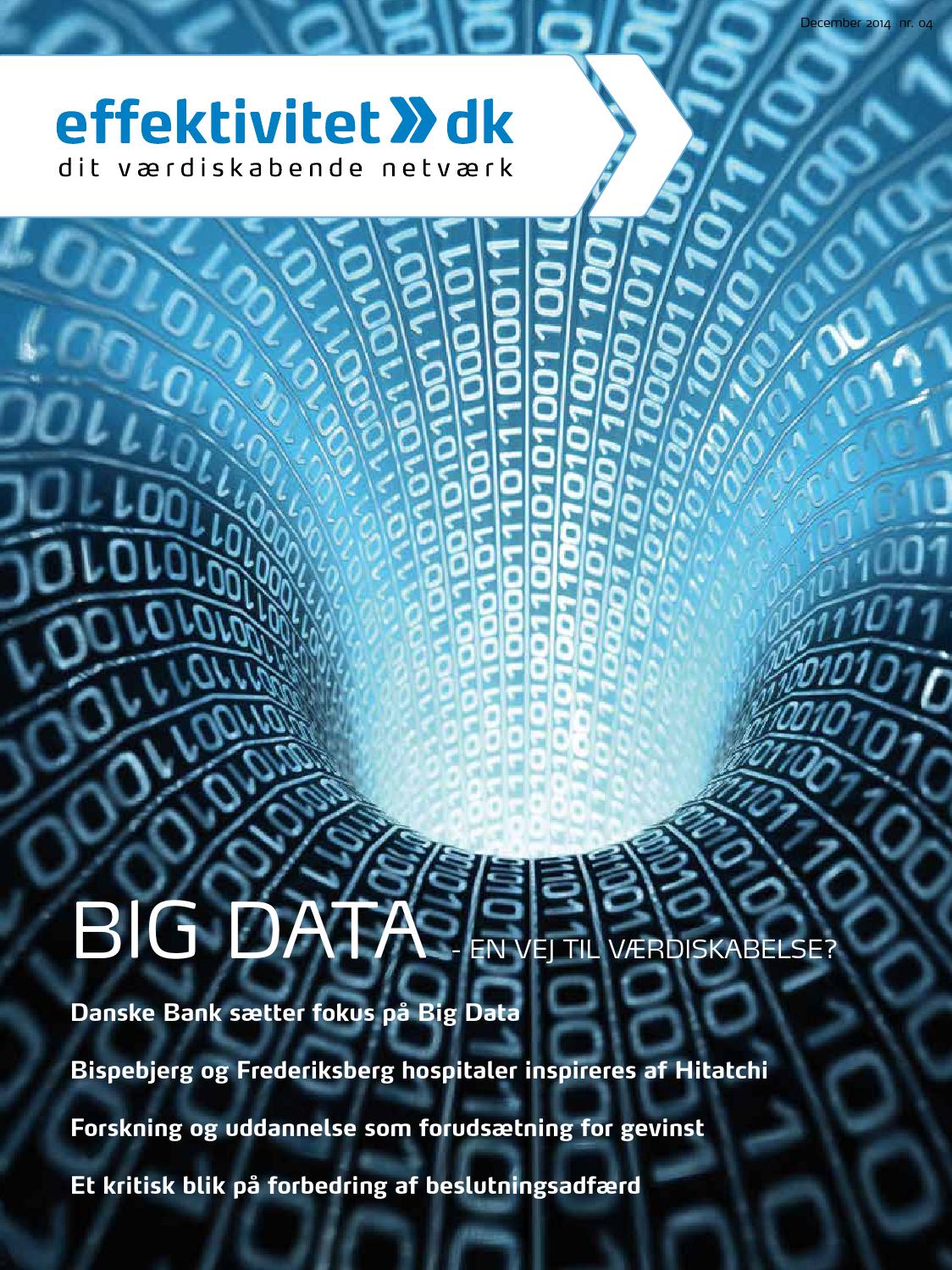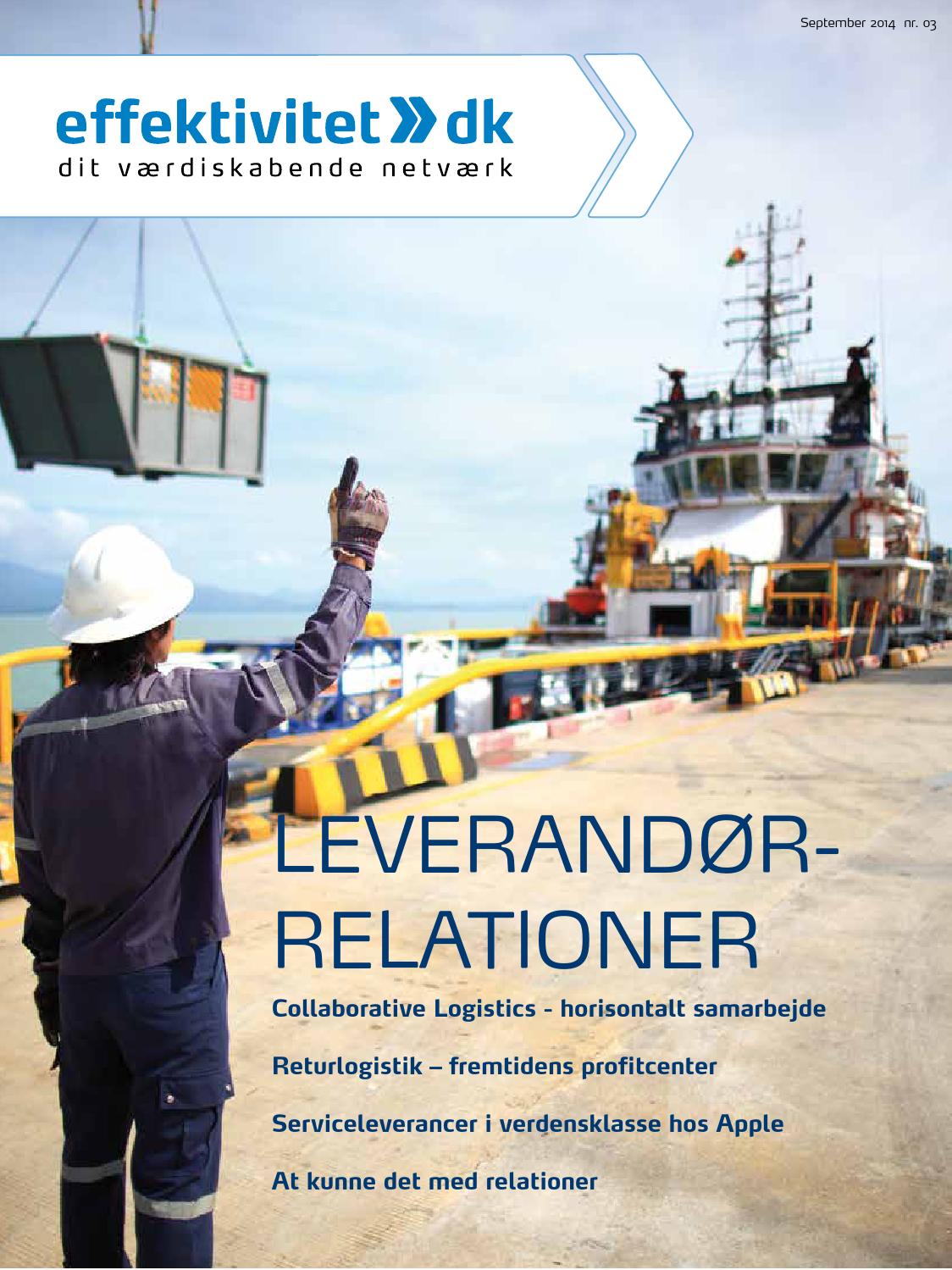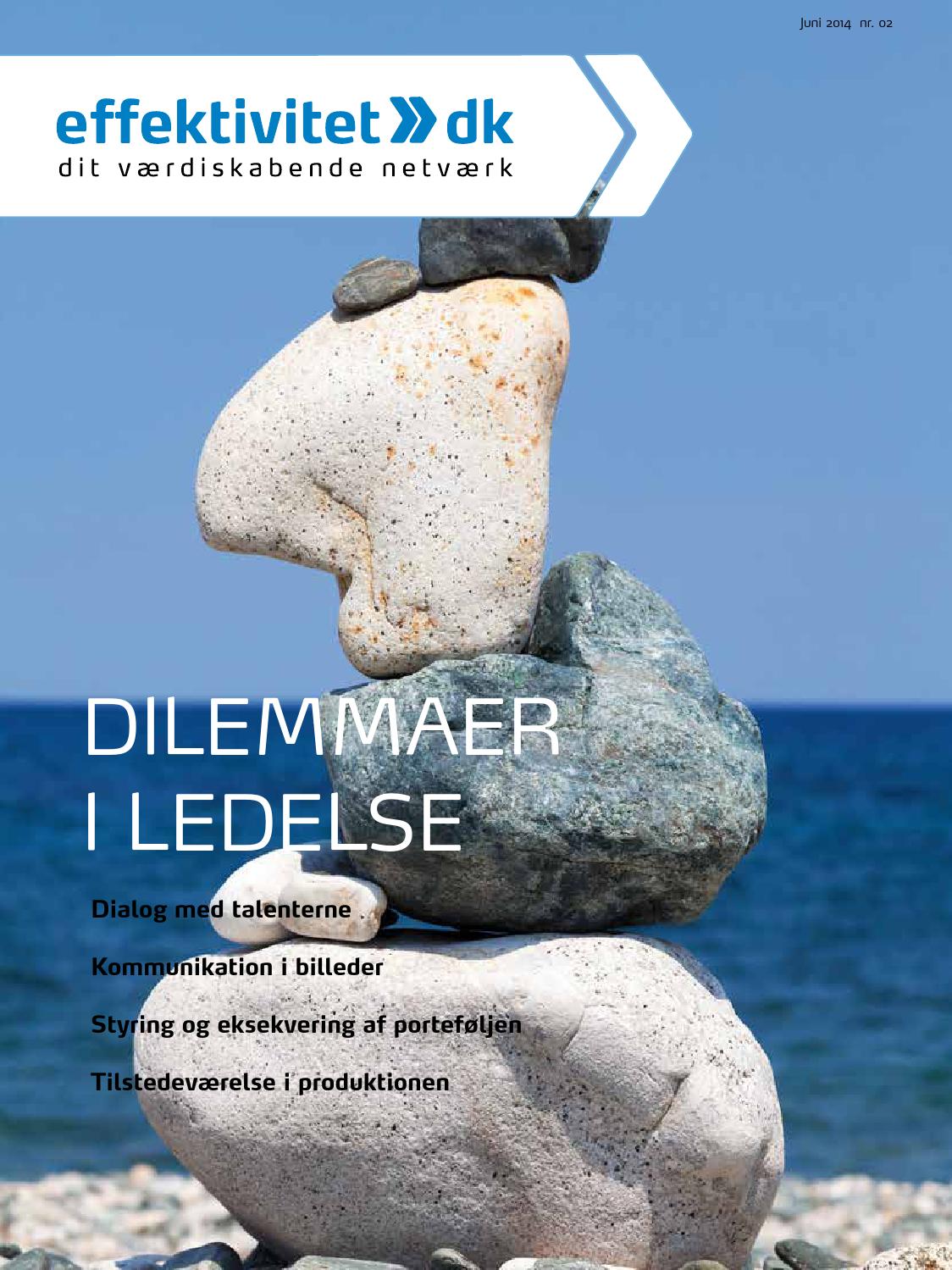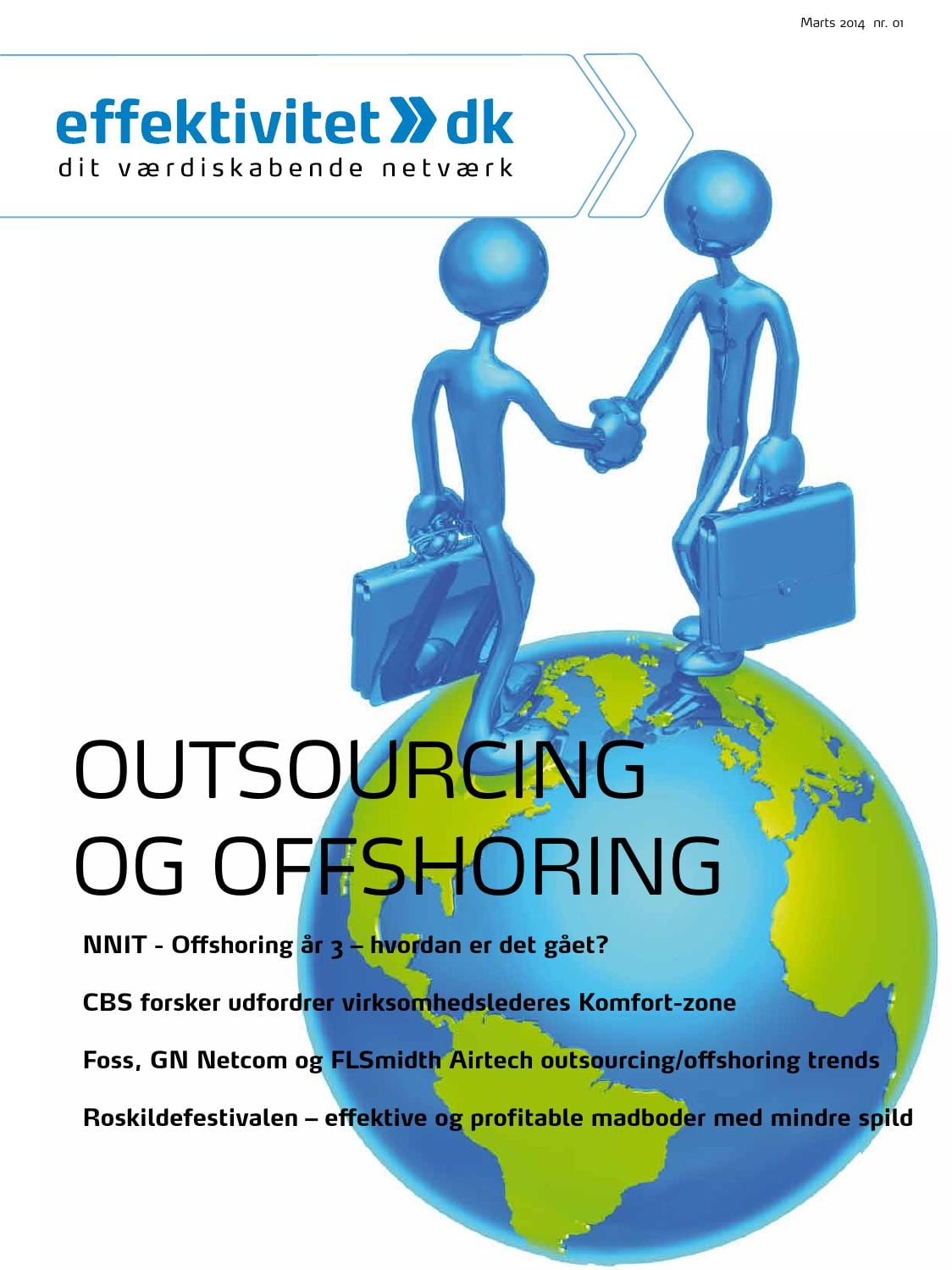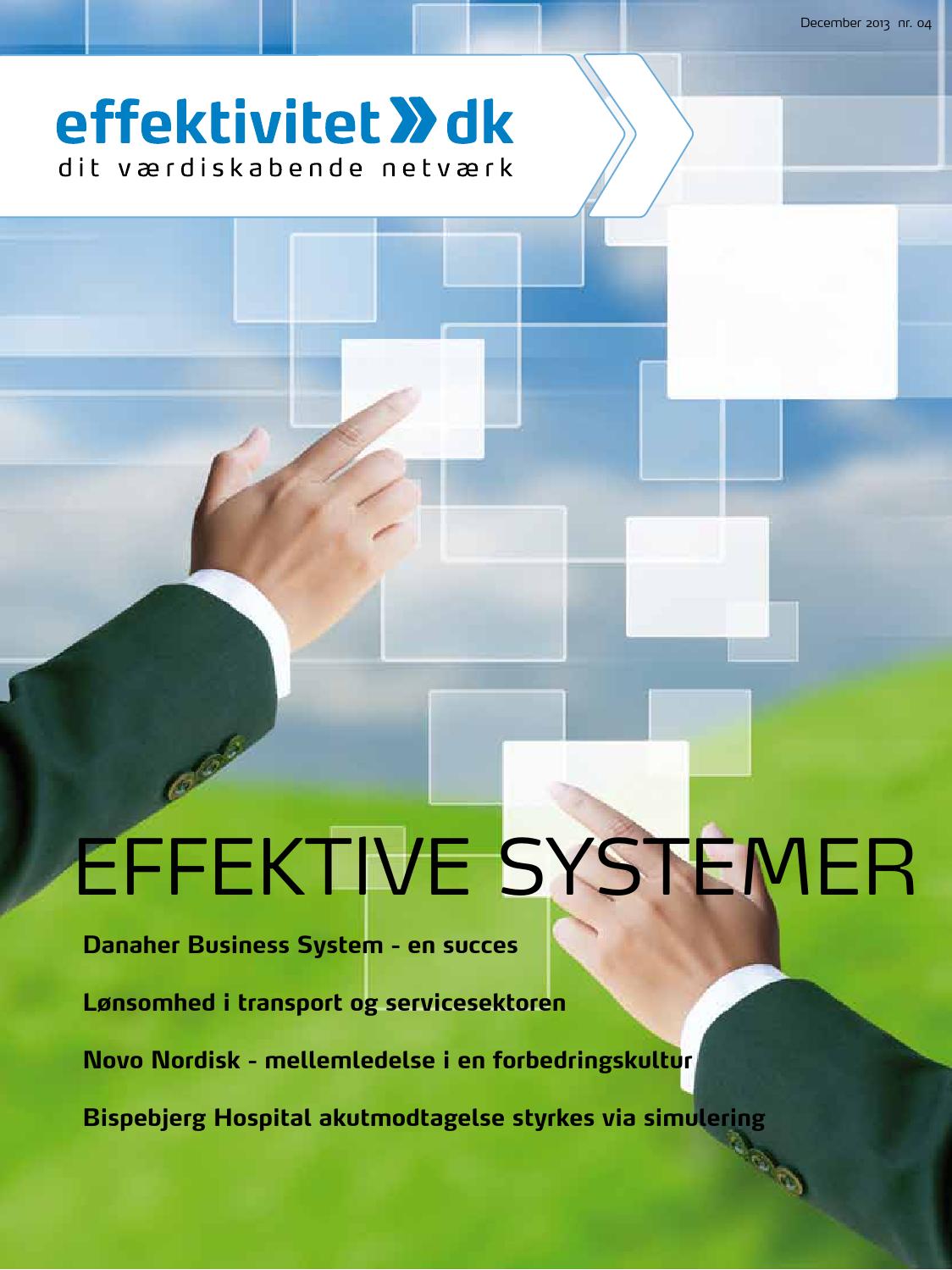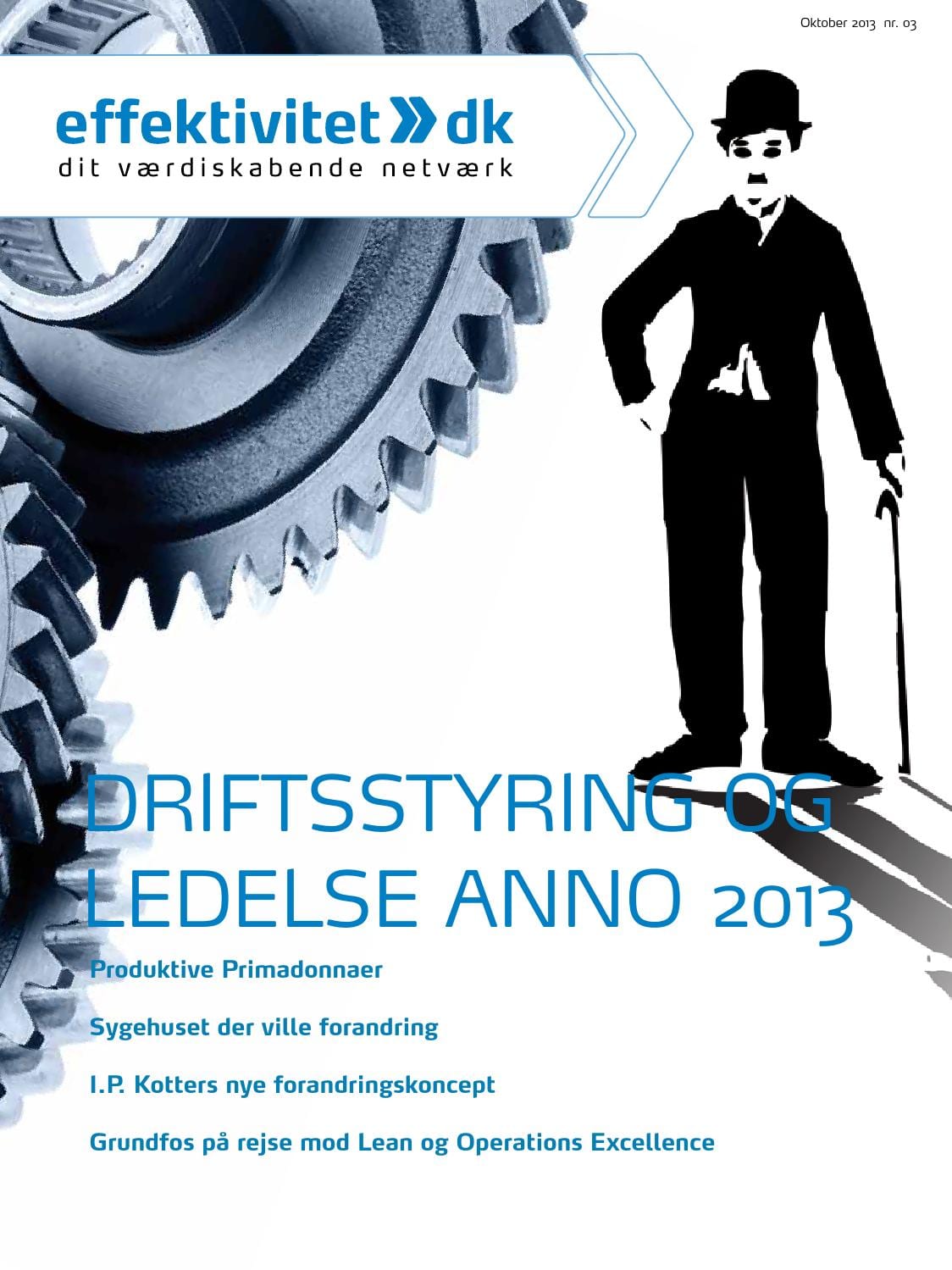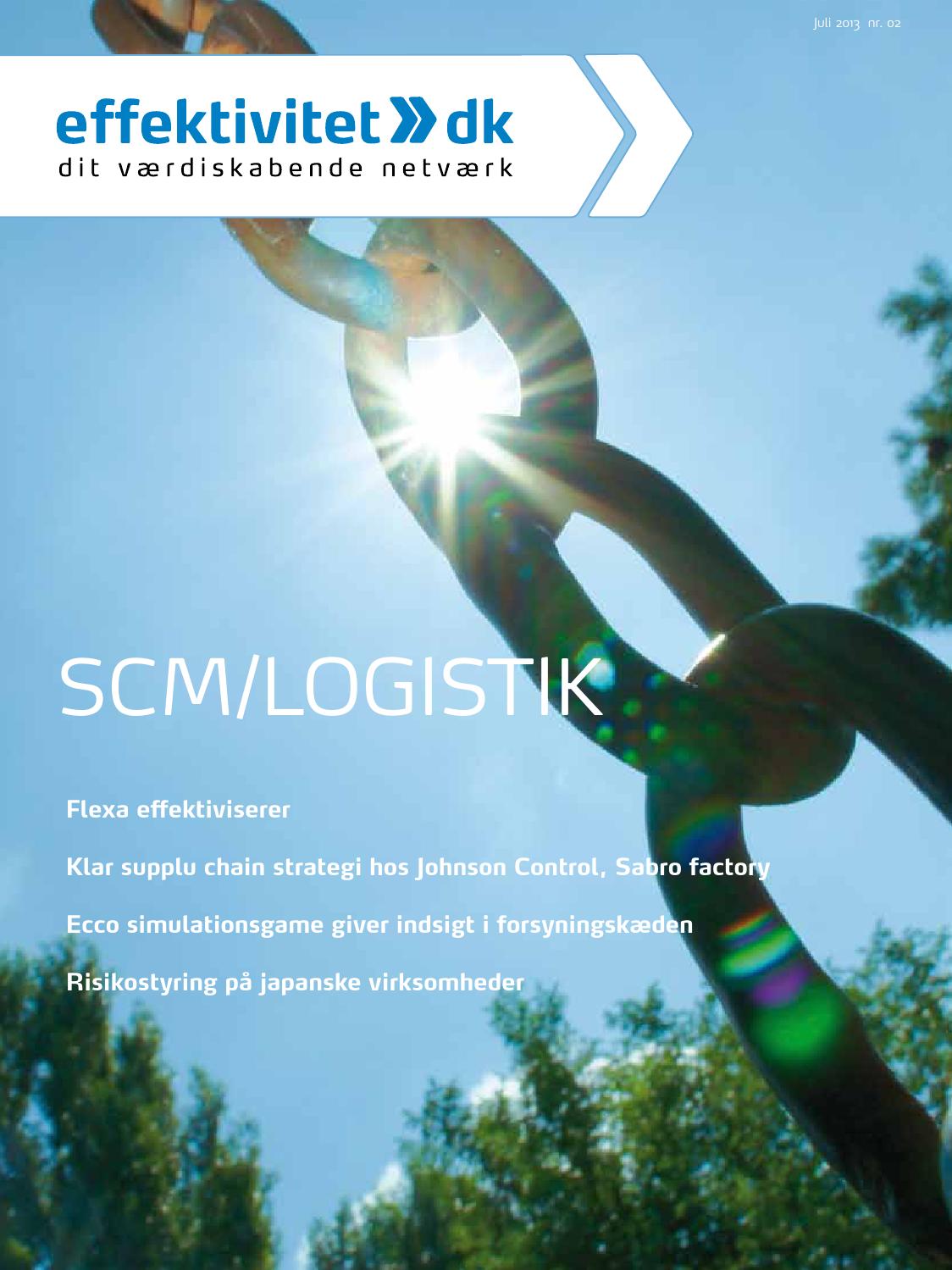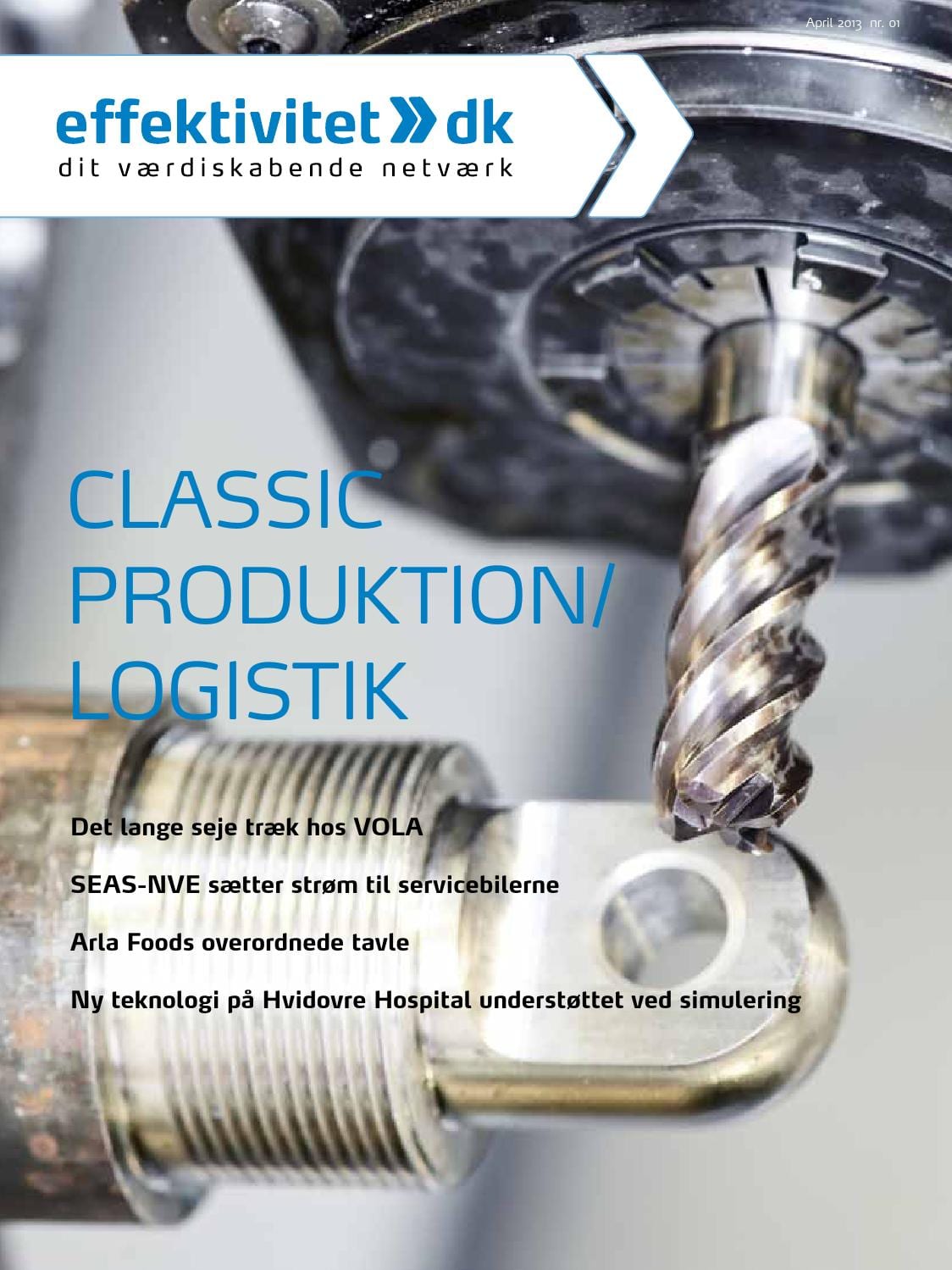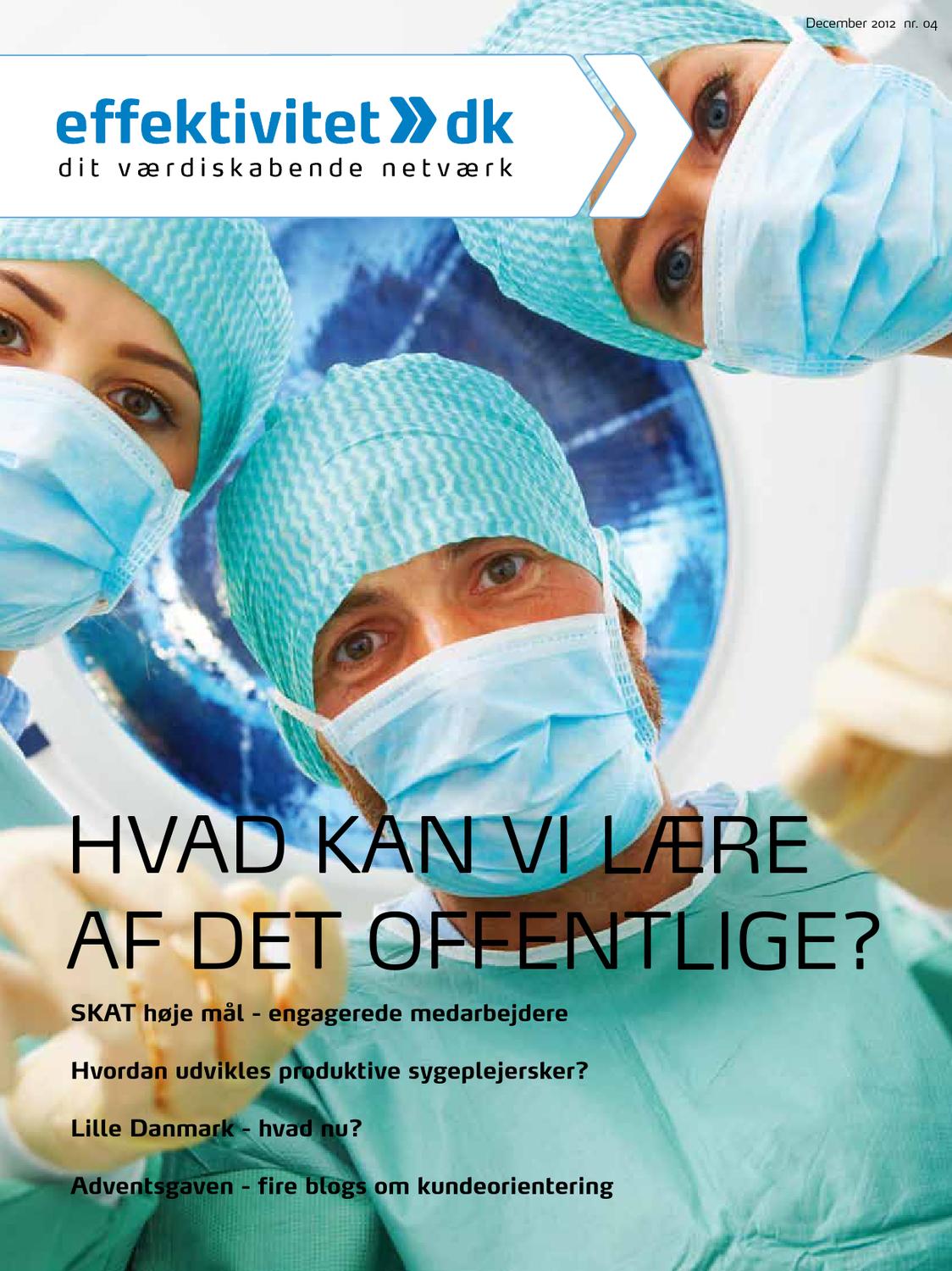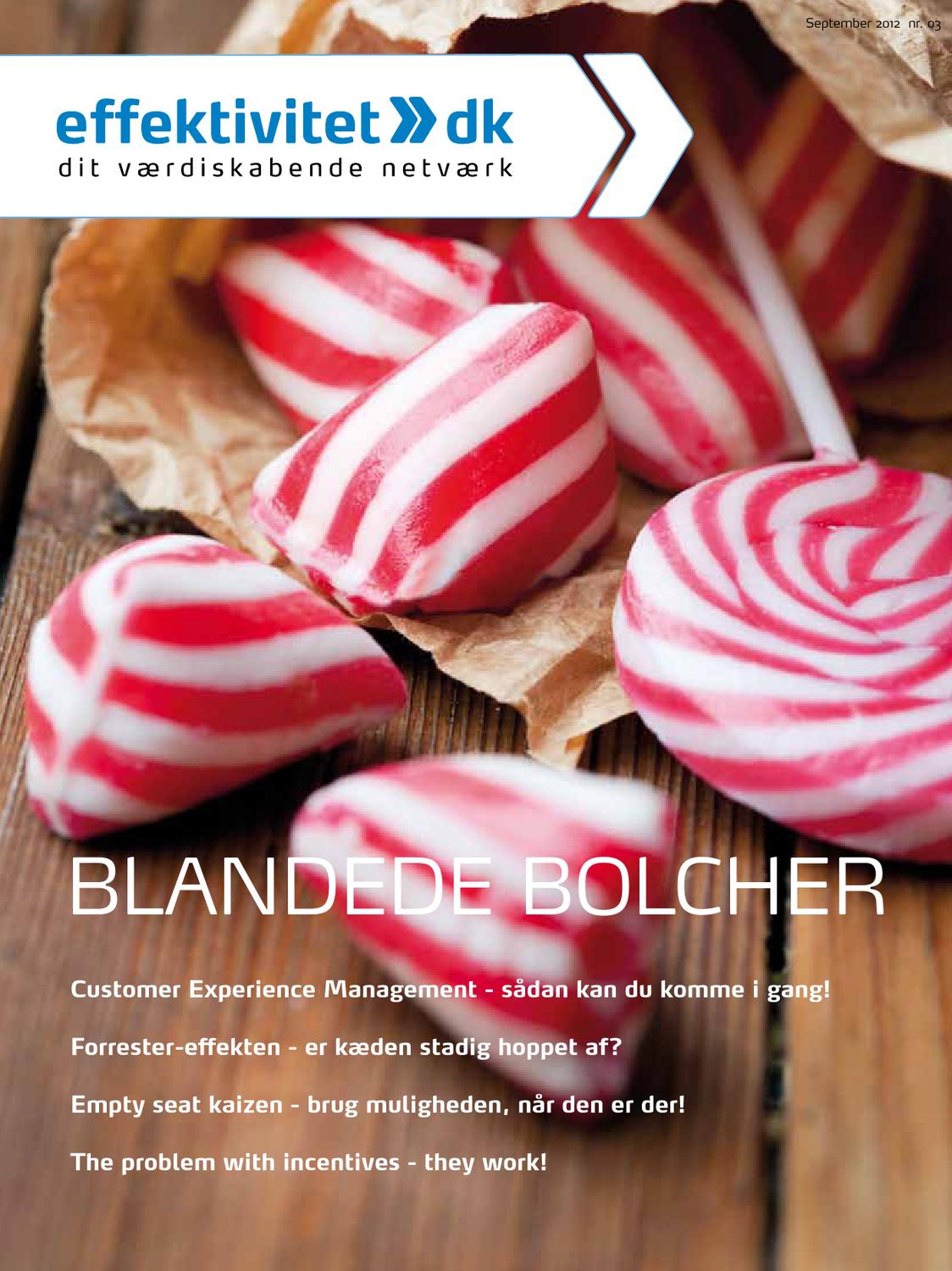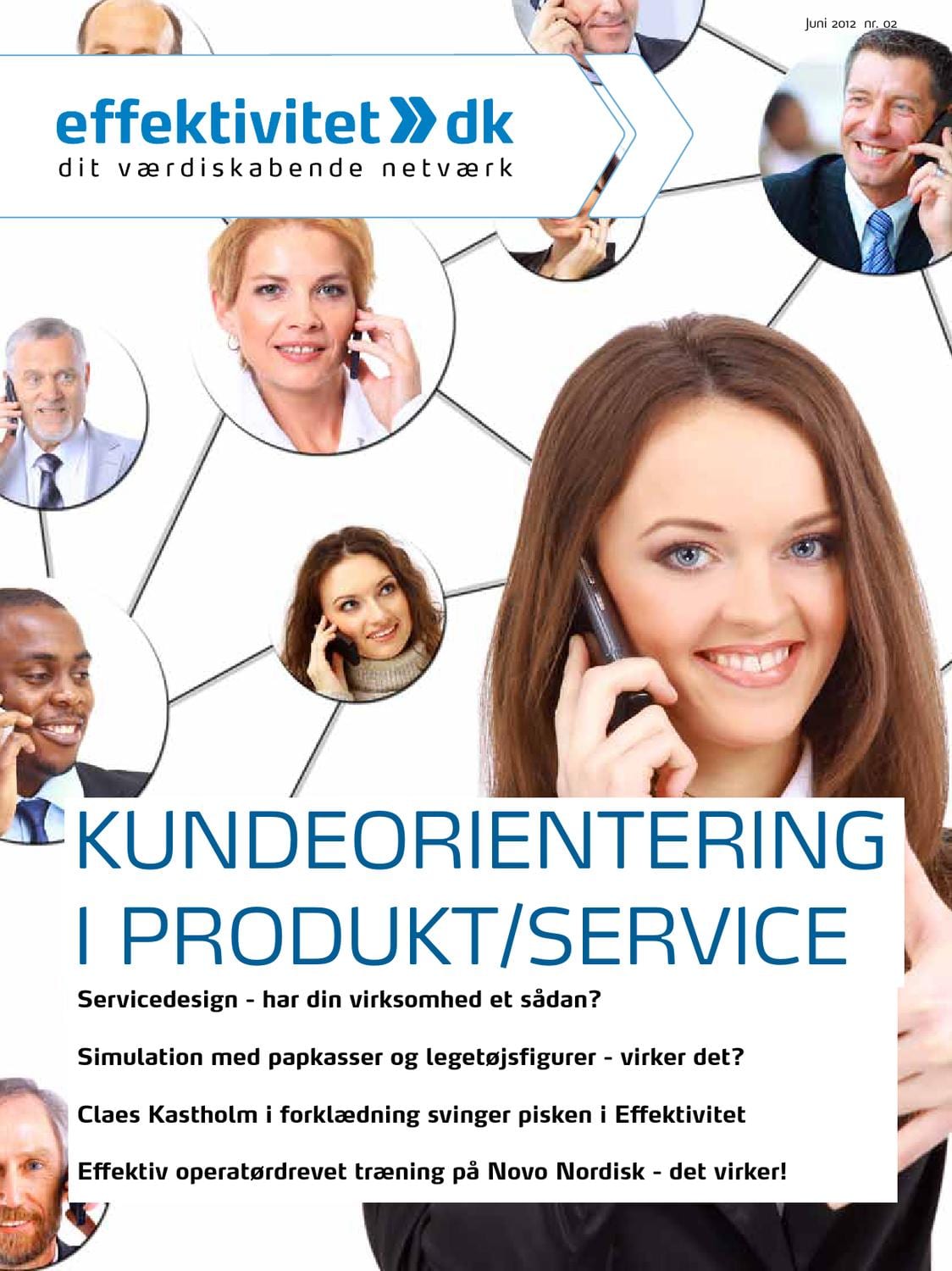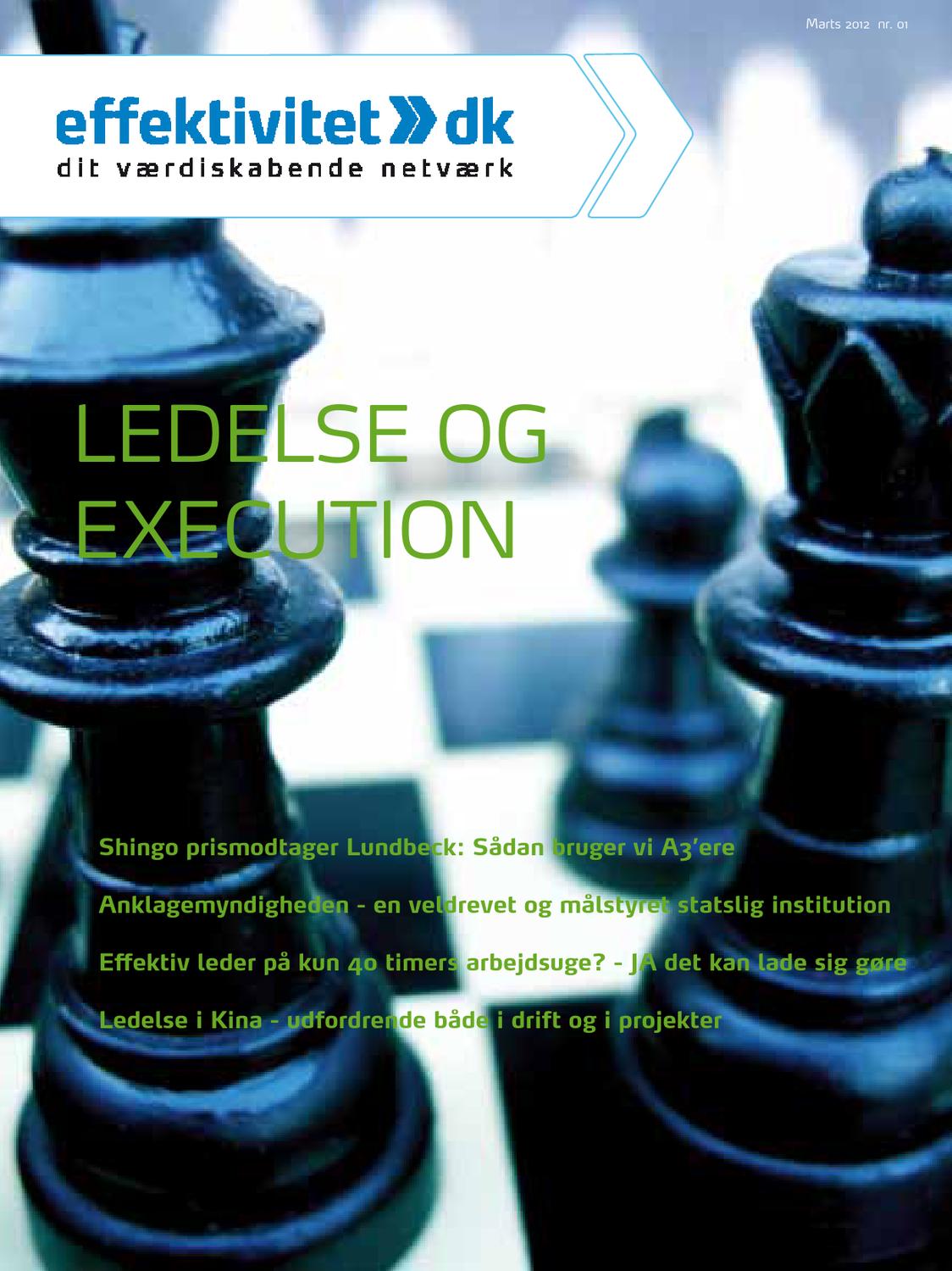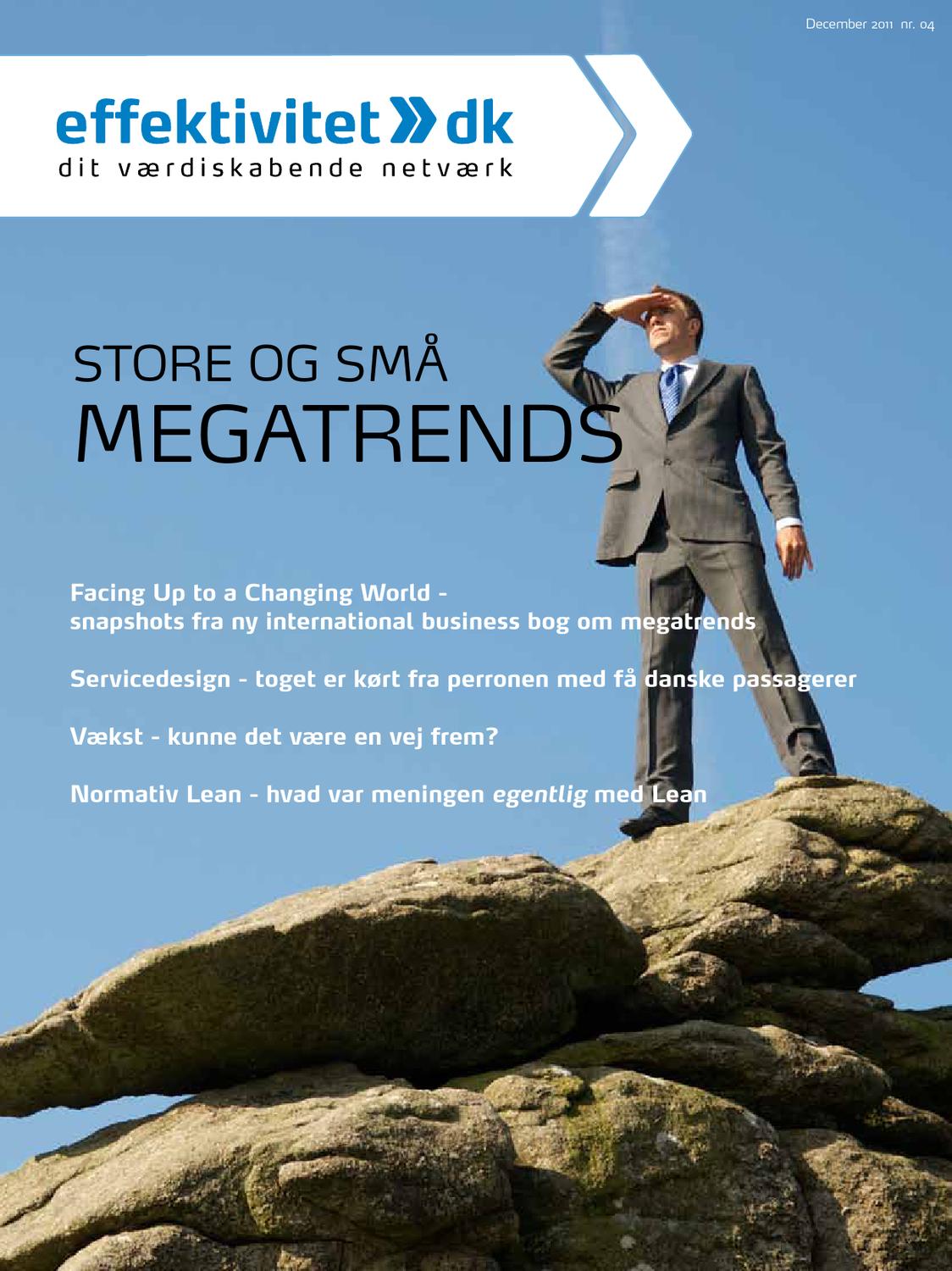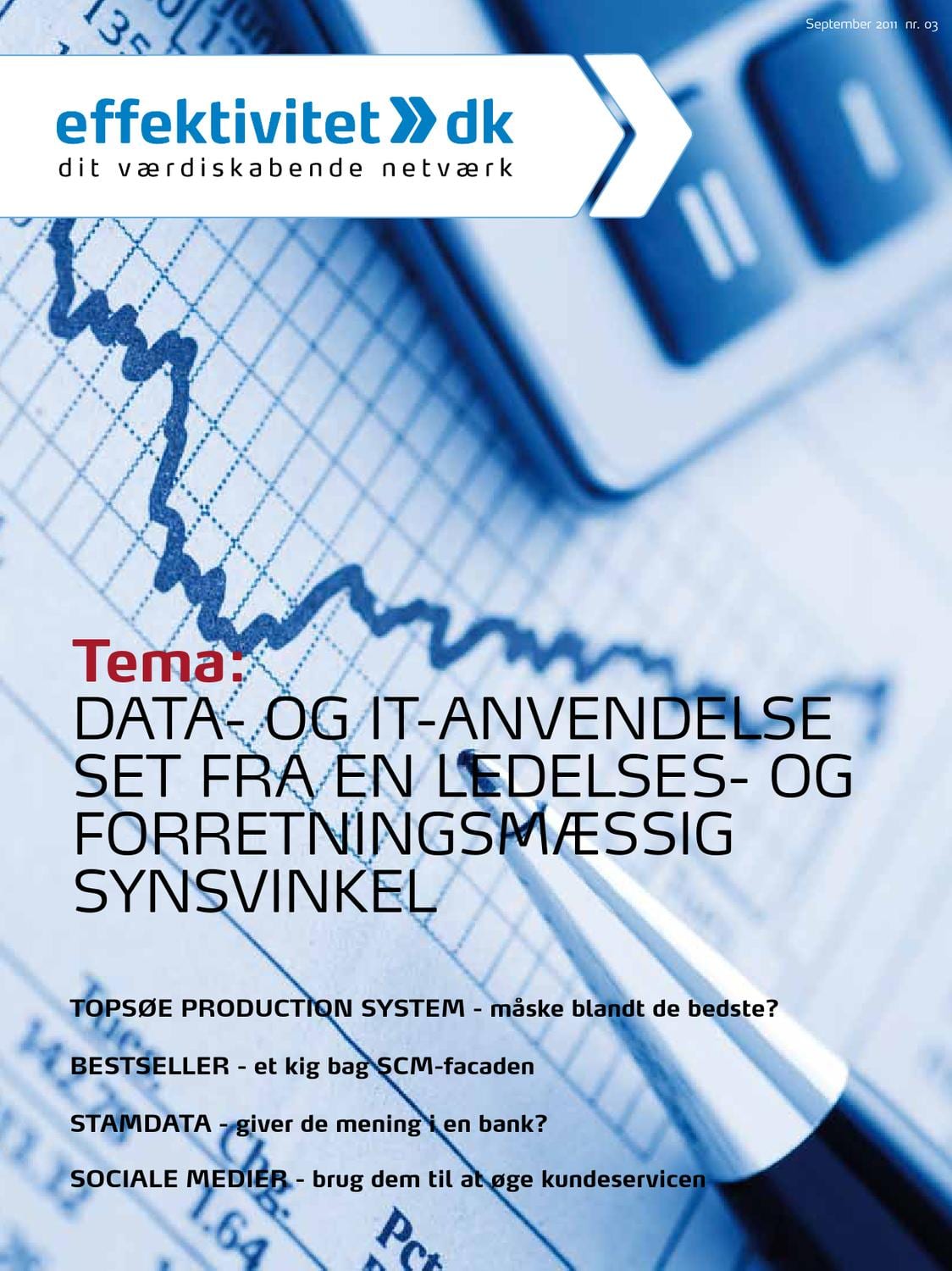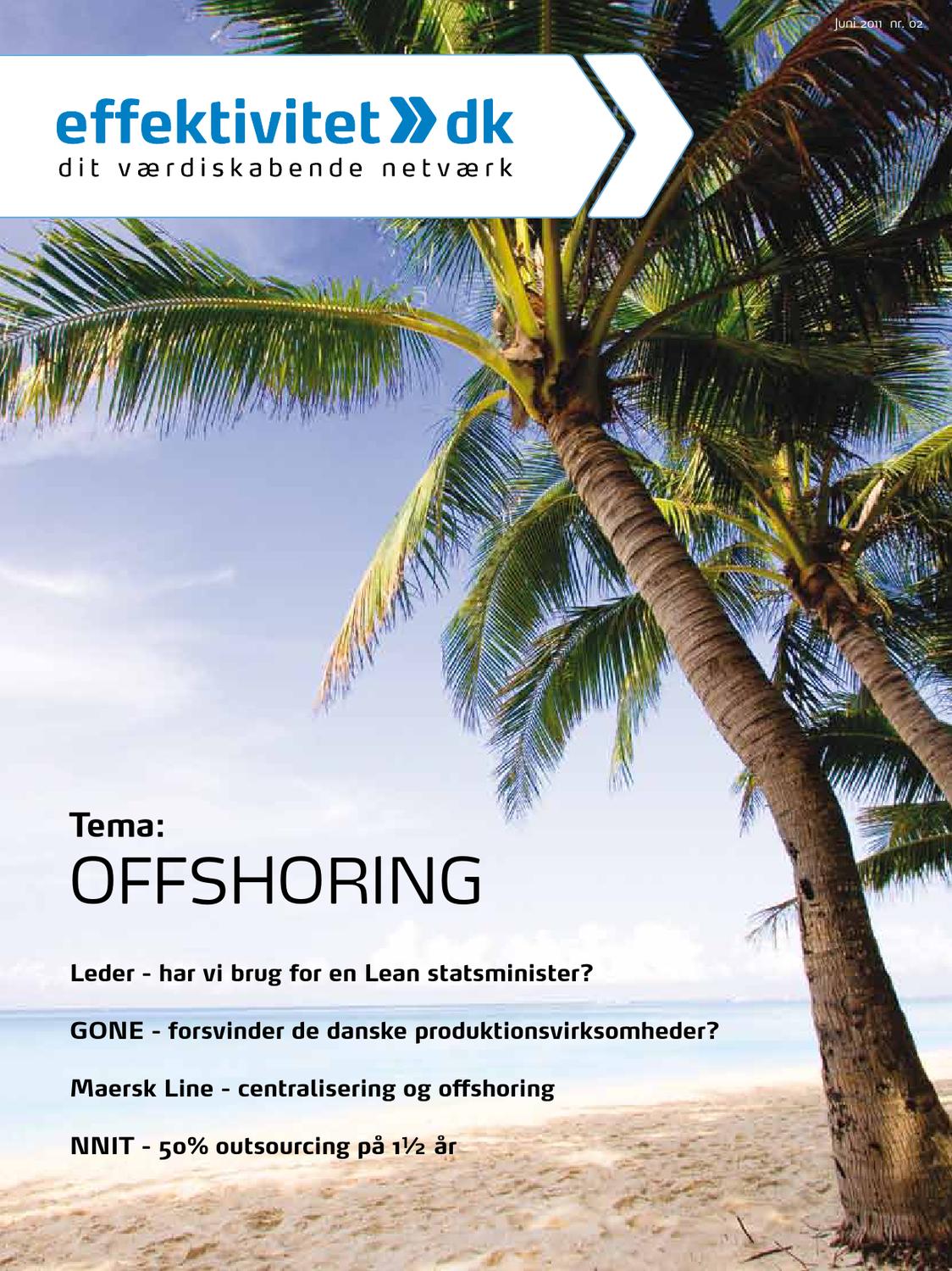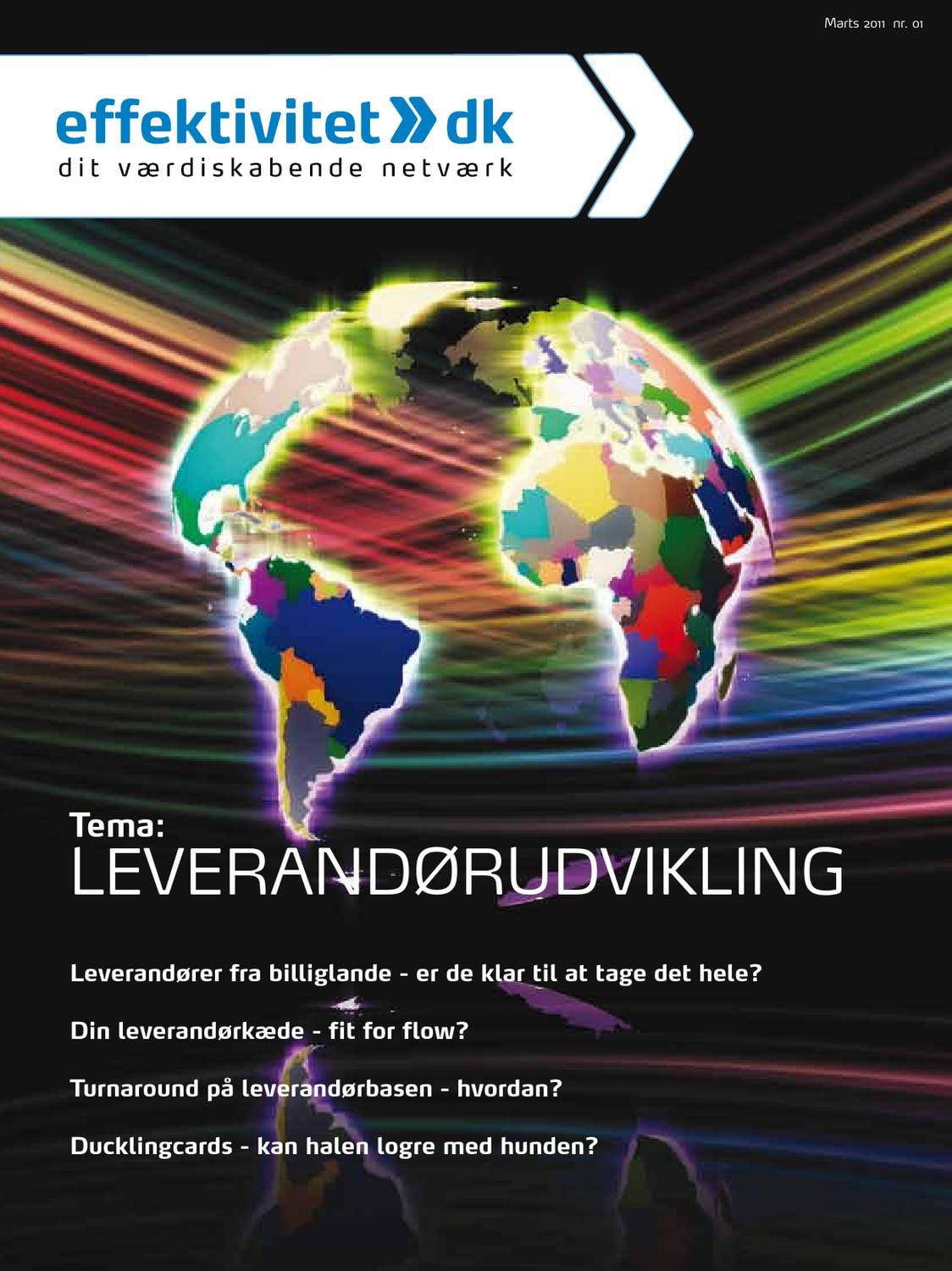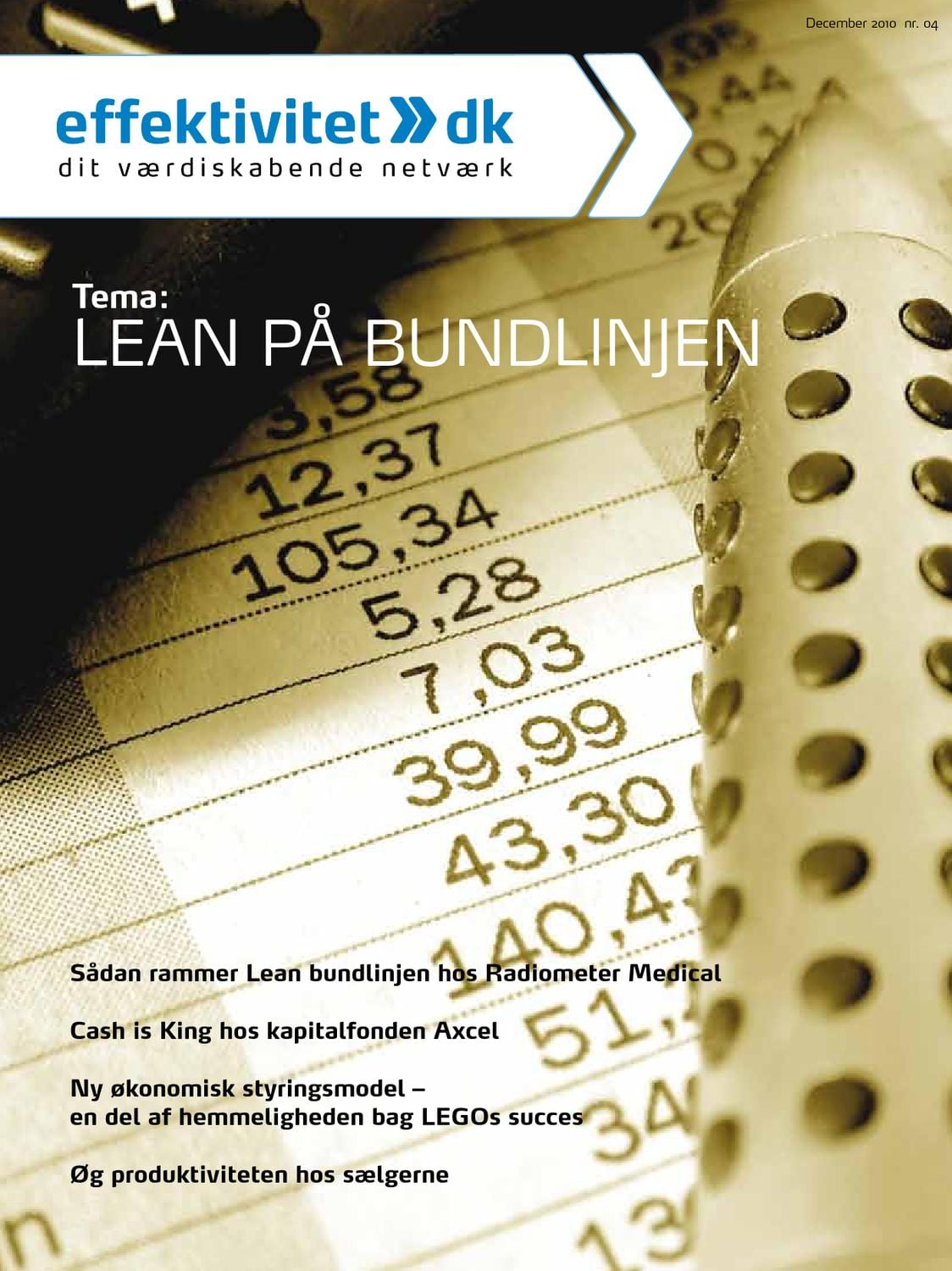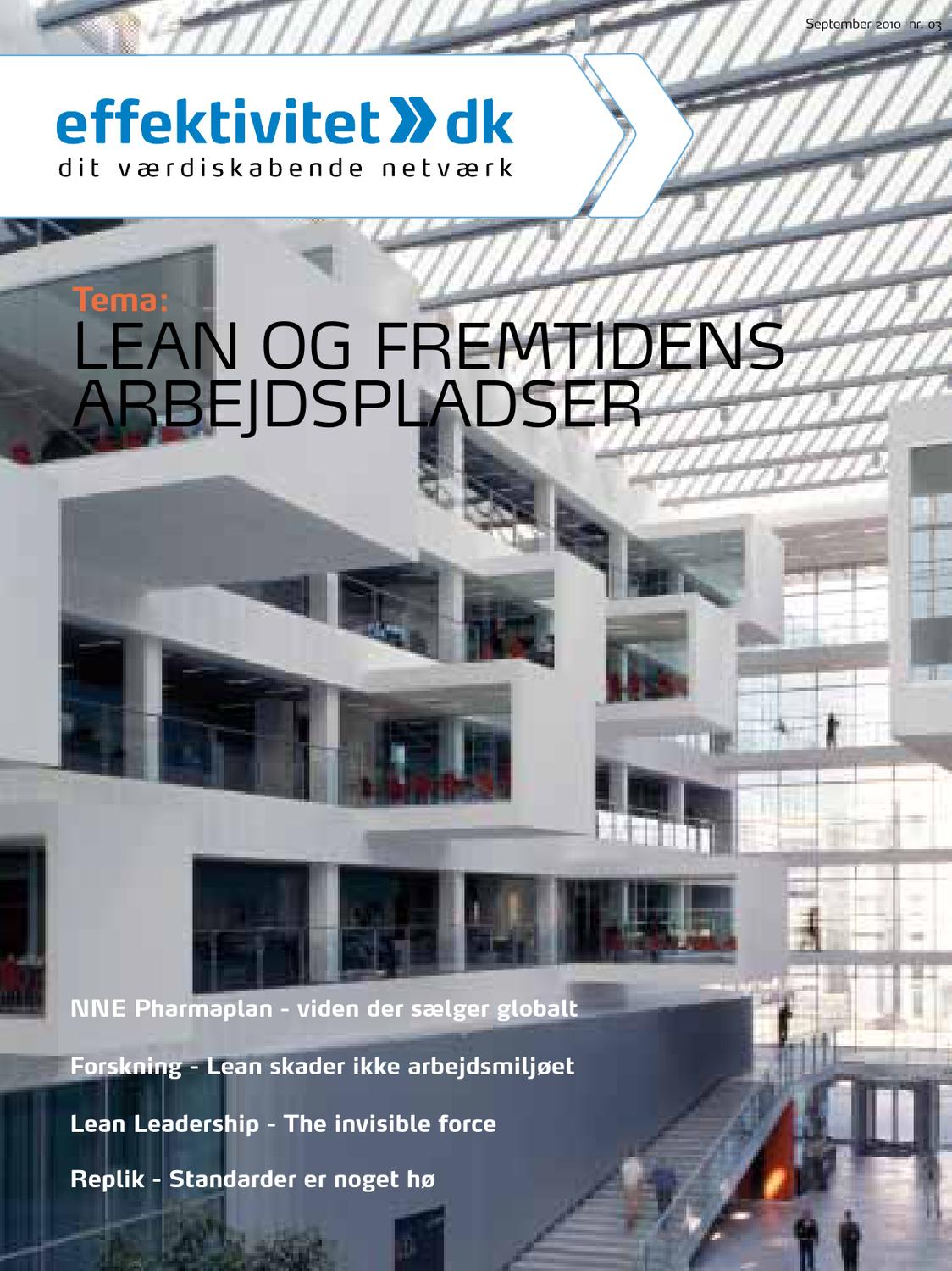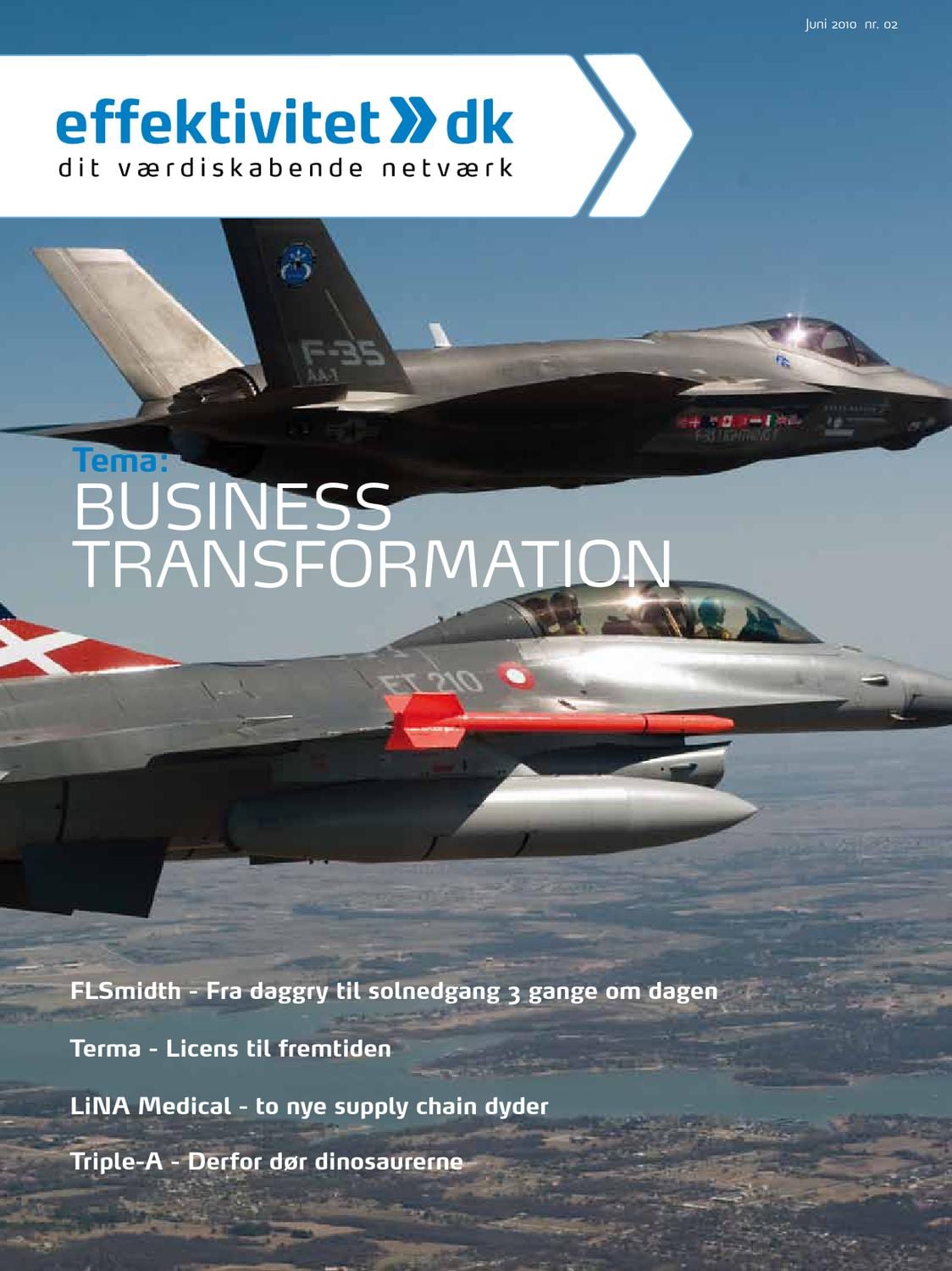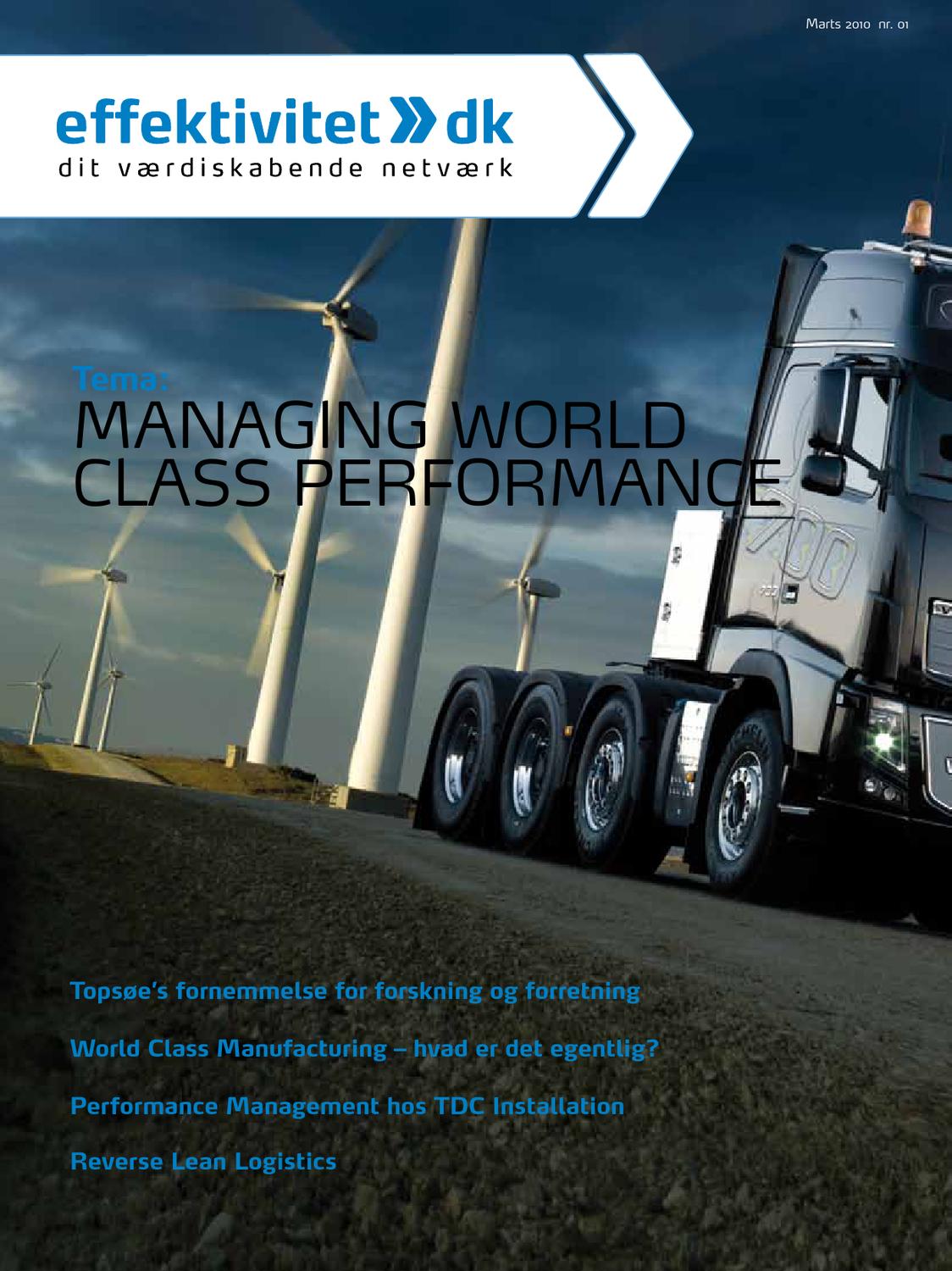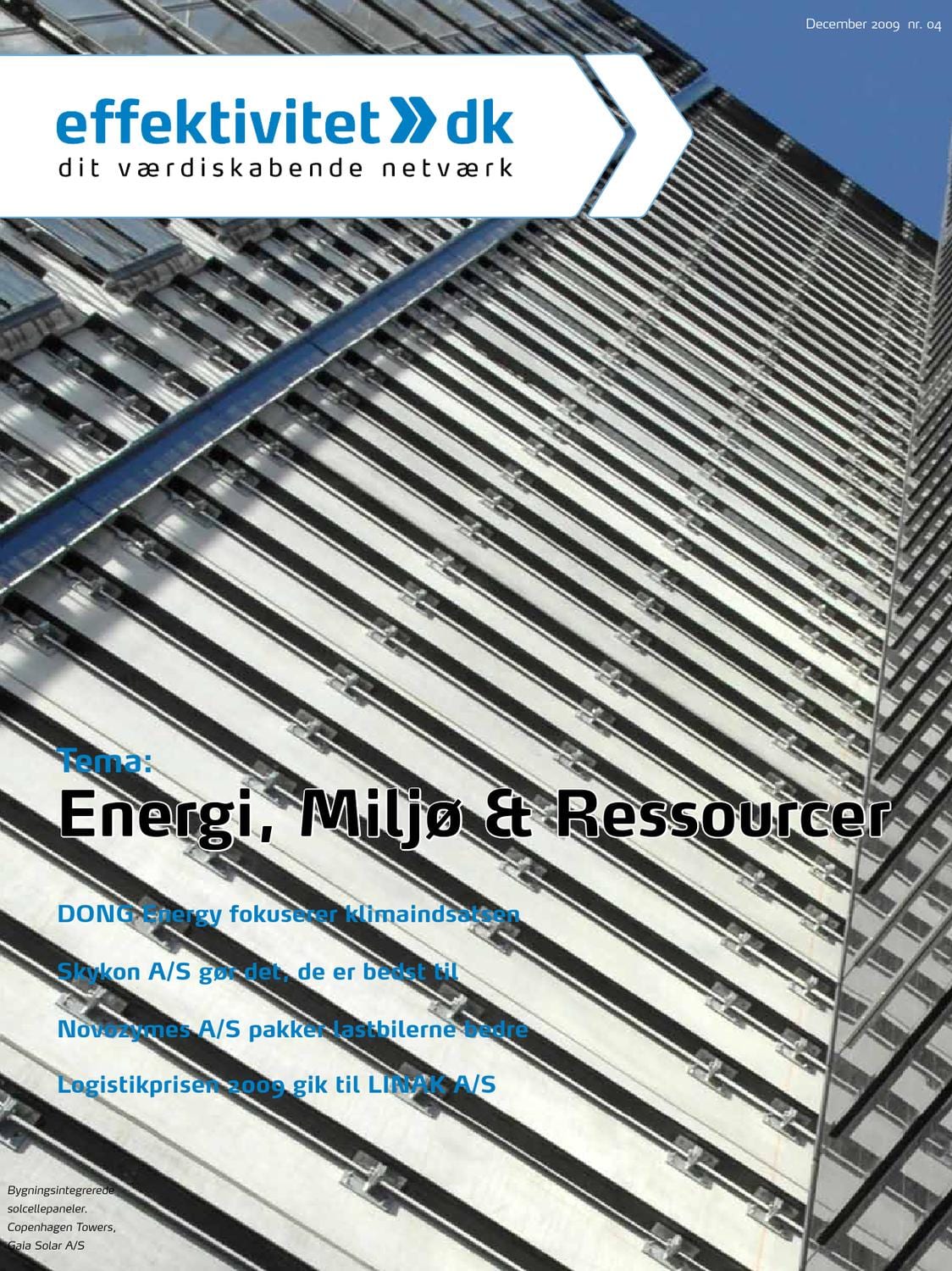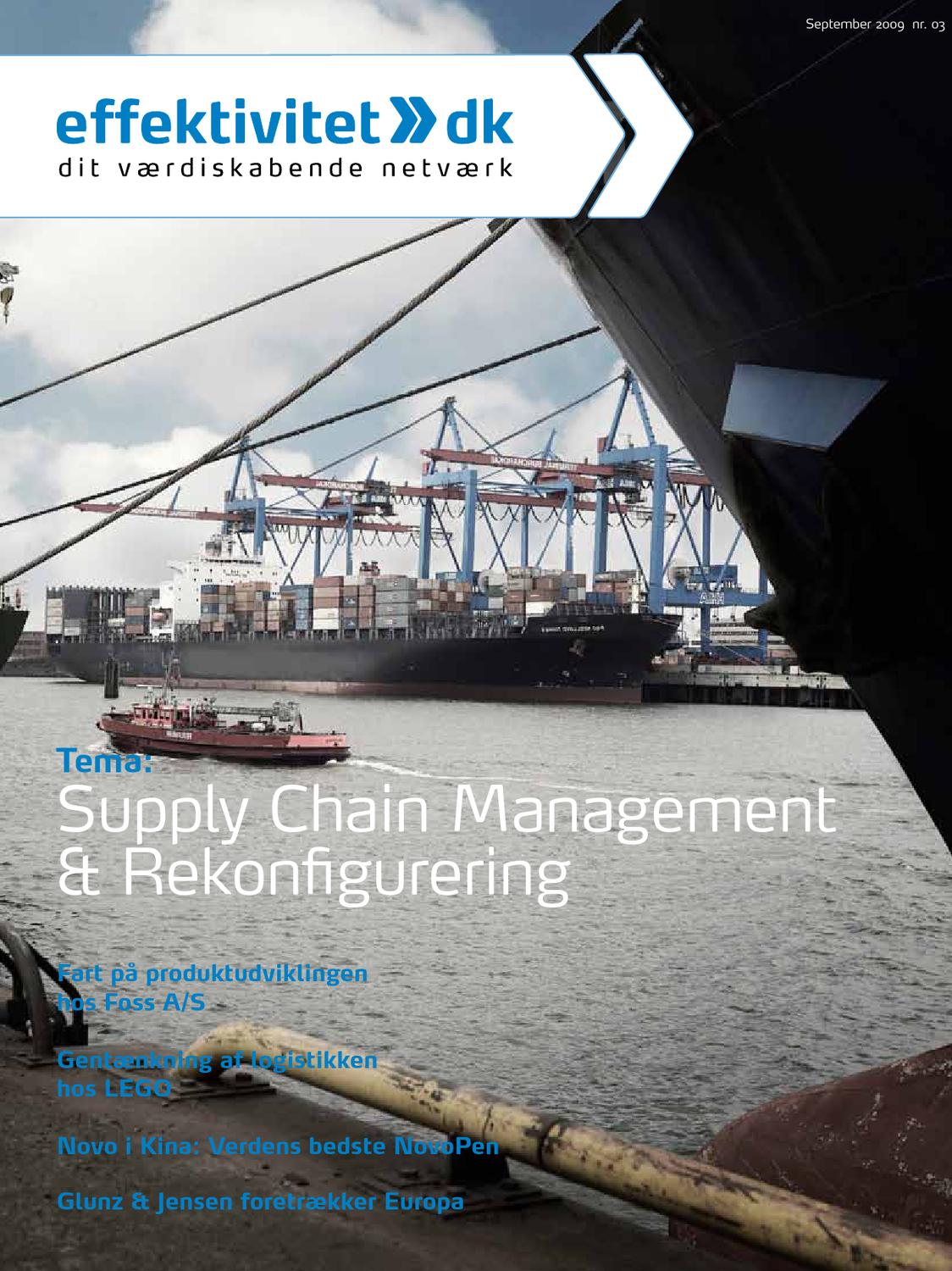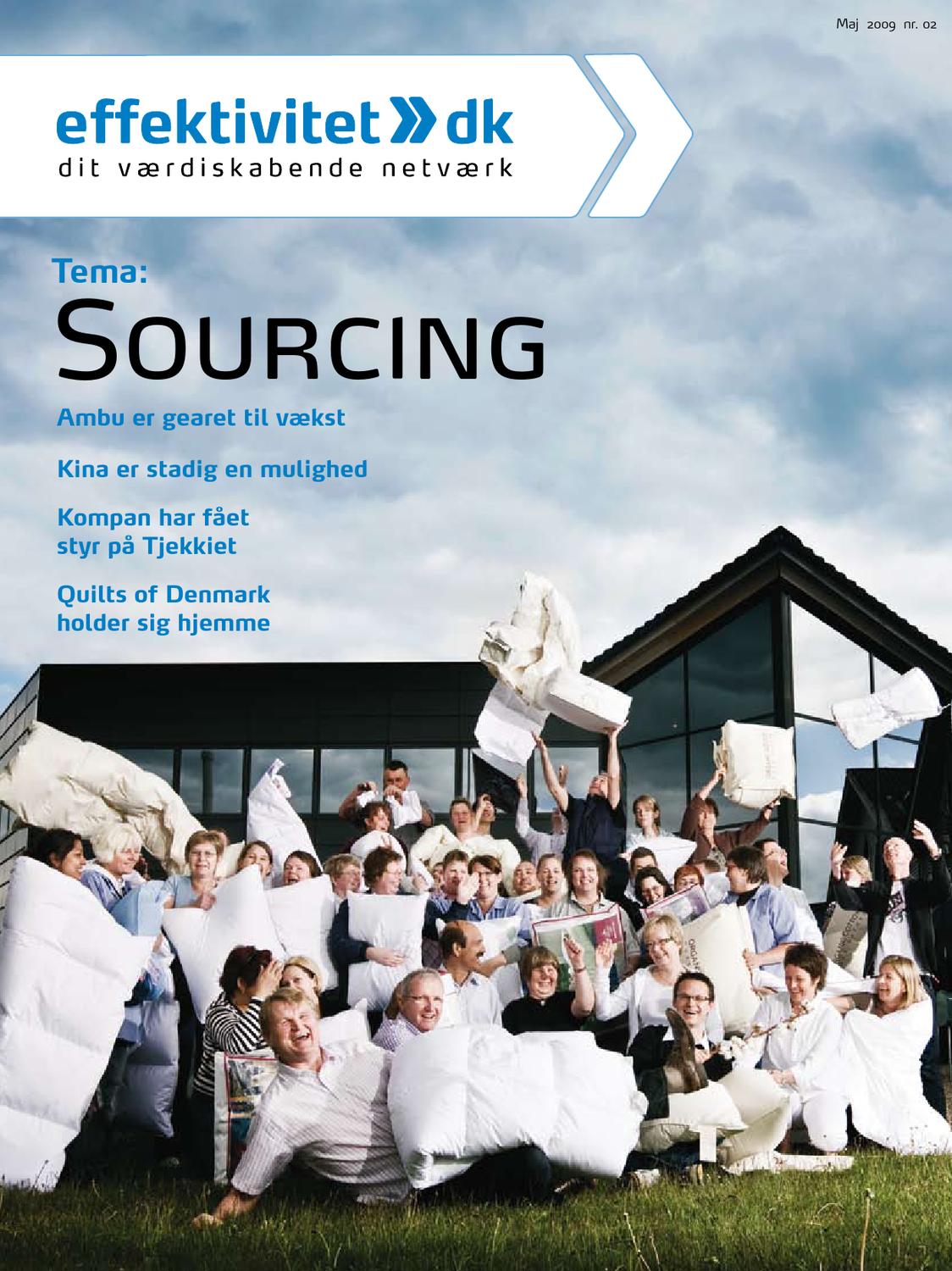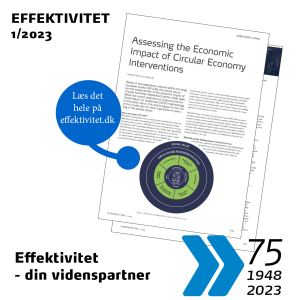 Based on the experience matured within the large European project REFLOW, this article discusses the measurement of the economic impact of Circular Economy Interventions at the urban level. While the project adapted and implemented the Social Return on Investment (SROI) methodology to the public sector, this article argues for the use of this model also for other organisations operating in the private sector.
Based on the experience matured within the large European project REFLOW, this article discusses the measurement of the economic impact of Circular Economy Interventions at the urban level. While the project adapted and implemented the Social Return on Investment (SROI) methodology to the public sector, this article argues for the use of this model also for other organisations operating in the private sector.
About the project REFLOW 1)
REFLOW is an EU Horizon 2020 research project running from 2019-2022, which aims to enable the transition of European cities towards circular and regenerative practices. REFLOW was led by Cristiana Parisi, Associate Professor at the Copenhagen Business School (CBS). More specifically, REFLOW used Fab Labs and makerspaces as catalysers of a systemic change in urban and peri-urban environments, in order to reduce materials consumption, maximise multifunctional use of (public) spaces and envisage regenerative practices. The project provided best practices aligning market and government needs in order to create favourable conditions for the public and private sector to adopt circular economy (CE) practices. REFLOW created new CE business models within six pilot cities: Amsterdam, Berlin, Cluj-Napoca (Romania), Milan, Paris and Vejle (Denmark) and assessed their social, environmental, and economic impact, by enabling active citizen involvement and systemic change to re-think the current approach to material flows in cities.
REFLOW Vision: A circular and regenerative city in REFLOW represents an urban system with social and business practices which place equal attention to social, environmental and economic impact; where technology is open and represents a central enabler of positive social and environmental change; where the urban system ensures and support resilience of social and ecological systems; where governance is collaborative and inclusive; where knowledge is shared, and stakeholders are active and involved (Parisi et al, 2021).
REFLOW and the building blocks of Circular Economy
REFLOW was organized in building blocks. Each building block described one of the theoretical and thematic areas necessary for the implementation of Circular Economy in the project (see: Figure 1).
Figure 1 REFLOW’s Building Blocks, Source Parisi et al. 2021
Business and Society, led by CBS, had a double role. On the one hand, this building block was in charge of the overall process coordination with the objective of facilitating the people-centred approach. On the other hand, this building block was supporting the pilot cities with the definition of the business case for circular and regenerative cities and was responsible for the overall economic, social and environmental impact assessment of the pilot projects. In this sense, the resources developed by this WP were concerned with the definition of business cases for CE practices at the pilot city level as well as with the overall social, environmental and economic impact evaluation.
Technology. This building block entailed the creation of the IT infrastructure. More specifically, it supported the pilot cities by providing the technical knowledge necessary for the development of technological solutions to enable circular transitions. The resources developed by this building block consisted of digital ledger technologies to support the transition towards Circular Economy at the urban level.
The Circular Engineering building block supported the cities in the analysis of the resource flows and the downstream and upstream implications of resource consumption. In so doing, this building block supported the development of interventions and strategies that enabled systems change towards positive social and environmental impact.
The Governance and Urban Strategy building block provided support for the innovation of governance models in the pilot cities to enable the circular transition. In so doing, this building block facilitated the cities’ definition and co-design of governance models. Moreover, it provided a series of tools providing adequate competence for the adoption and implementation of circular practices.
Pilot Coordination was a building block responsible for the alignment, co-development and testing of the CE strategies in the pilot cities.
Capacity Building contributed to the integration of key learnings from the project’s interventions and supported the development of a set of resources for the pilot cities and for other stakeholders to gain an understanding of circular practices. The targeted audience included academic institutions, municipalities, citizens’ grassroots organisations, and the general public.
The Communication building block was responsible for the dissemination of the project findings and practical results to facilitate the replication of the REFLOW experience.
Impact Assessment
One of the key results obtained by REFLOW was to measure the ongoing performance of the Circular Economy Interventions (Parisi and Bekier, 2022) and to define ex post the impact of the Circular Economy interventions in monetary terms. In fact, the project adapted the Social Return on Investment (SROI) framework to the management and measurement of the impact at the urban level (Parisi, 2023). This framework allowed for a monetary quantification of the returns on the investment made in Circular Economy (Nicholls, 2009). The project’s work on the SROI methodology accounts for value that extends past profit-driven return on investments and seeks to broaden the conceptualisation of value creation from projects, organisations, and interventions. In this way, it accounts for and measures the value being created through activities that benefit the social, economic, and environmental well-being of communities beyond solely fiscal benefit. With a broader perspective towards value, the framework relies on understanding the changes (also known as outcomes) that people or organisations experience or contribute to.
The impact assessment is a story about change. Thus, the project’s use of the SROI relies heavily on the involvement of stakeholders – those who affect and are affected by change – to understand and account for experienced outcomes which can then be accounted for and measured by applying monetary values that can represent these changes (Hayashi and Parisi, 2022). By attaching monetary values to social, economic, and environmental outcomes, a ratio of benefits to costs was calculated to demonstrate the social value that is generated based on the amount invested.
The initial development and use of the concept of Social Return on Investment have their roots in philanthropic foundations and use by NGOs to measure and express the impact that their social projects and programmes have generated through financing (Hamelmann et al., 2017). To date, the SROI has mainly been used by non-profits, NGOs, and other social enterprises to communicate and measure impact to attract donations and funding. Today, the use of SROI is being experimented with in public administration for some pilot projects at the local level (Parisi, 2023).
Building upon the background and uses of SROI, REFLOW adapted and implemented this methodology for the measurement of social and economic impact within cities transitioning towards Circular Economy. An SROI calculation can be carried out in two ways: evaluative and forecast. An evaluative SROI “is conducted retrospectively and based on actual outcomes that have already taken place” (Nicholls et al., 2012, p. 8), whereas a forecast SROI “predicts how much social value will be created if the activities meet their intended outcomes” (Nicholls et al., 2012, p. 8). Within REFLOW, forecast SROIs for each of the pilot solutions has been carried out to predict what the social value of these interventions may be following the activities of the pilot city solutions within the REFLOW project. The level of analysis for the SROIs conducted within REFLOW has taken place at the level of one solution per pilot city over a period of five years (Hayashi and Parisi, 2022). With both structure and diversity being accounted for, the pilot city SROIs reflect a common reading structure, following the stages of the SROI while telling the different stories of change across the diversity of pilot-level solutions (see Table 1).
The social and economic impact of the project was developed through three phases: (i) exploring and describing the change, (ii) evidencing and measuring change, and (iii) valuing and monetising change.
The development of the analysis started with the Theory of Change, describing each pilot city’s development throughout the three years of the project and the relative activities and outcomes. This analysis demonstrated that the transition towards becoming a circular and regenerative city holds many pathways to change as shown in the diversity of pilot activities and outputs presented in the Theories of Change.
The second step of the analysis consisted in the definition of financial proxies for the monetisation of the social and environmental impacts of Circular Economy interventions through a dialogue with key stakeholders in the pilot cities.
Finally, the third step consisted of the actual calculation of the SROIs. These calculations illustrated the valuation and monetisation of change at the level of a pilot city solution by calculating the forecasted social return. This analysis highlighted how the stakeholders were affected by the pilot cities’ respective solutions and activities. Value was ascribed to these stakeholder outcomes within their respective pilot solutions through the defined financial proxies. Based on this valuation of change, the analysis performed presented a monetisation of the social value created across the six pilot city solutions and provided a forecasted prediction of social value creation. Furthermore, the work performed in the project provides the framework for future SROI analyses at the urban level by identifying what should be measured, how to capture the changes and the basis for valuing the relative outcomes. Table 1 shows the SROI ratios calculated for the REFLOW pilot cities. They portray the return in monetary terms on 1 Euro invested in the solutions themselves (see also reflow website and the CBS blog).
The undertaking of the Social Returns on Investment across the REFLOW pilot cities has resulted in key learnings gathered throughout this process the most important being the relevance of the scope of analysis, which is what defines the subsequent stages involved in the SROI and making it relevant for diverse circular economy interventions both in the public and in the private sector.
___________________________
References
- This project has received funding from the European Union’s Horizon 2020 research and innovation programme under grant agreement number 820937.
Hamelmann, C., Turatto, F., Then, V., Dyakova, M. (2017). Social return on investment: accounting for value in the context of implementing Health 2020 and the 2030 Agenda for Sustainable Development. Copenhagen: WHO Regional Office for Europe. Investment for Health and Development Discussion Paper.
Hayashi, E., & Parisi, C. (2022). Product Impact Assessment. REFLOW Project. REFLOW Deliverable Vol. WP1: Business Design and Co-Creation No. D1.5 https://doi.org/10.5281/zenodo.6594738
Nicholls, A. (2009), ‘We do good things, don’t we?’:’Blended Value Accounting’ in social entrepreneurship. Accounting, Organizations and Society, 34(6-7), 755-769.
Nicholls, J., Lawlor, E., Neitzert, E., & Goodspeed, T. (2012). A guide to Social Return on Investment. The SROI Network.
Parisi, C. (2023), Social Impact Assessment in Circular Cities’ Ecosystems: the Case for Social Return on Investment Implementation. In P. Nijkamp and L. Fusco Girard (Eds.), Measuring and Controlling Sustainability: Spanning Theory and Practice, Franco Angeli (Milan) (in press).
Parisi, C., & Bekier, J. (2022). Assessing and Managing the Impact of COVID-19: A Study of Six European Cities Participating in a Circular Economy Project. Accounting, Auditing and Accountability Journal, 35(1), 97-107. https://doi.org/10.1108/AAAJ-08-2020-4837
Parisi, C., Beye, A., & Bekier, J. (2021). The Reflow Framework. REFLOW Project. Deliverables from the REFLOW Project Vol. WP1: Business Design and Co-Creation No. D1.3 https://doi.org/10.5281/zenodo.5211532
https://blog.cbs.dk/reflow/
https://reflowproject.eu/


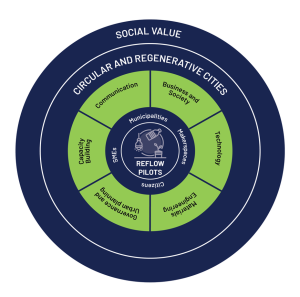 Clic for larger photo
Clic for larger photo